
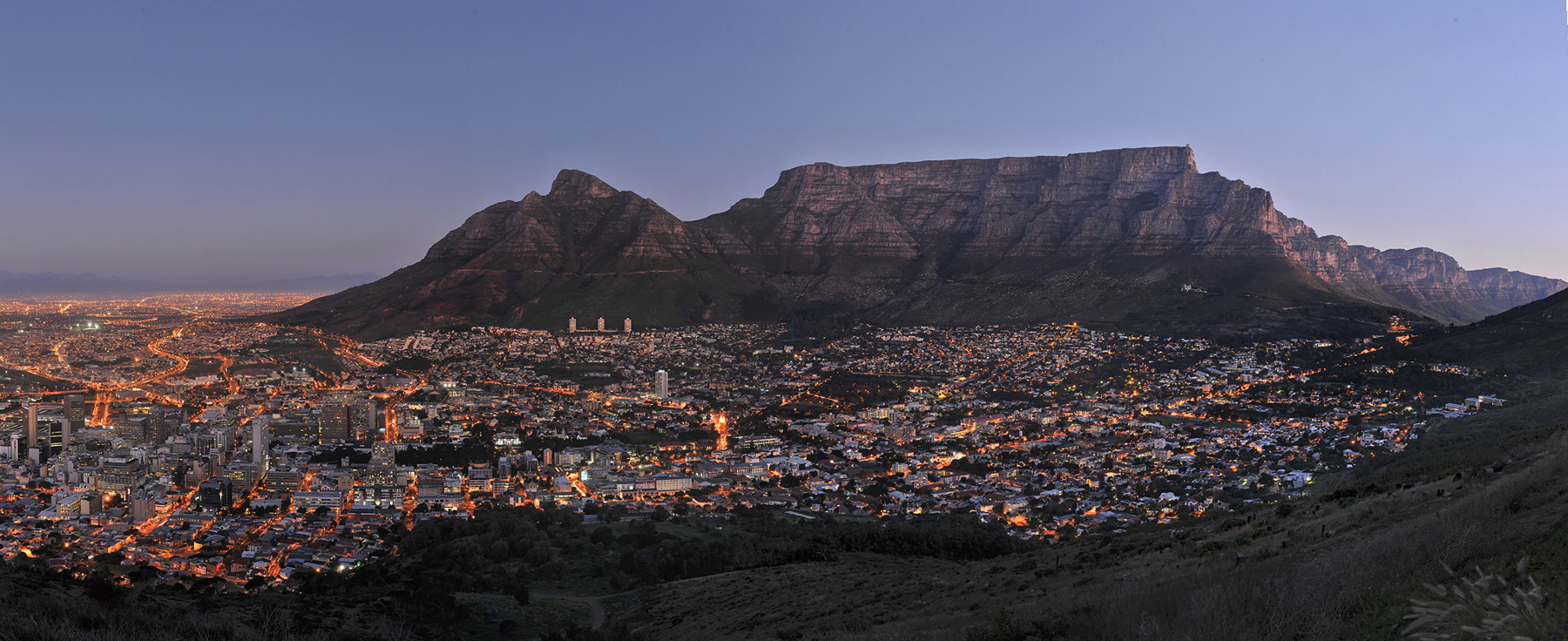
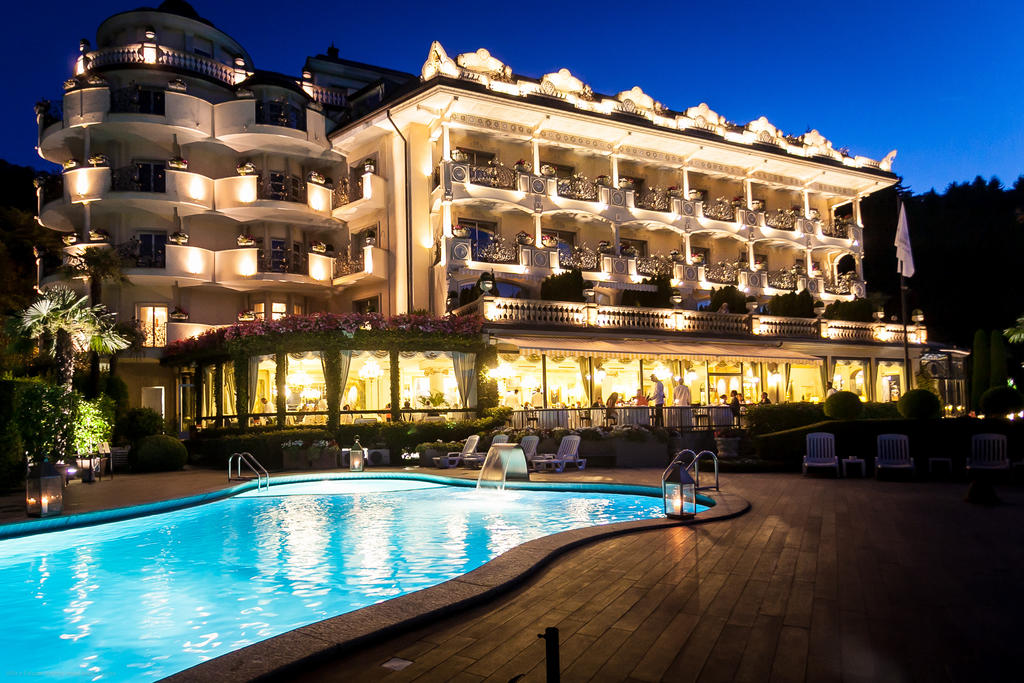
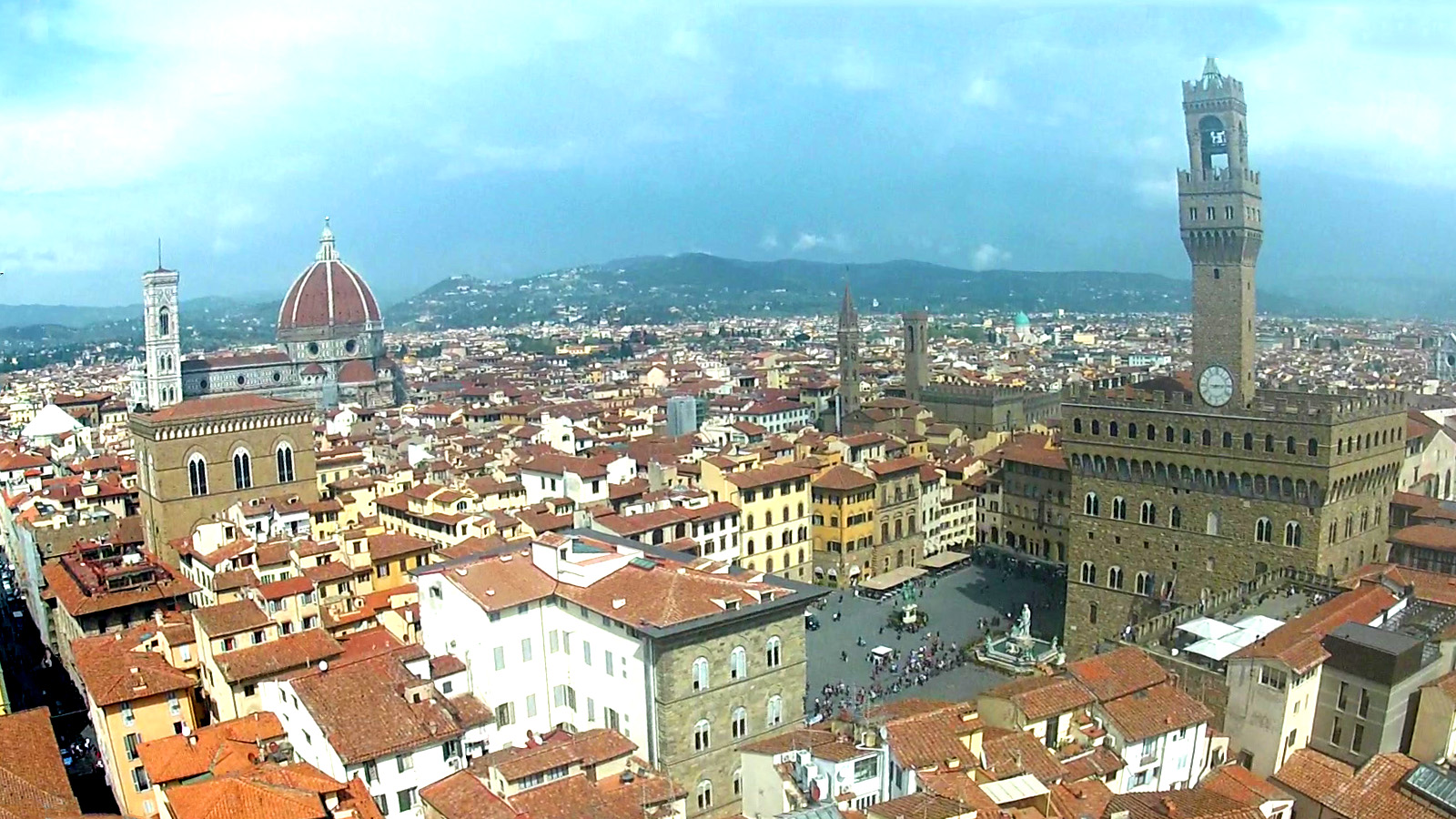

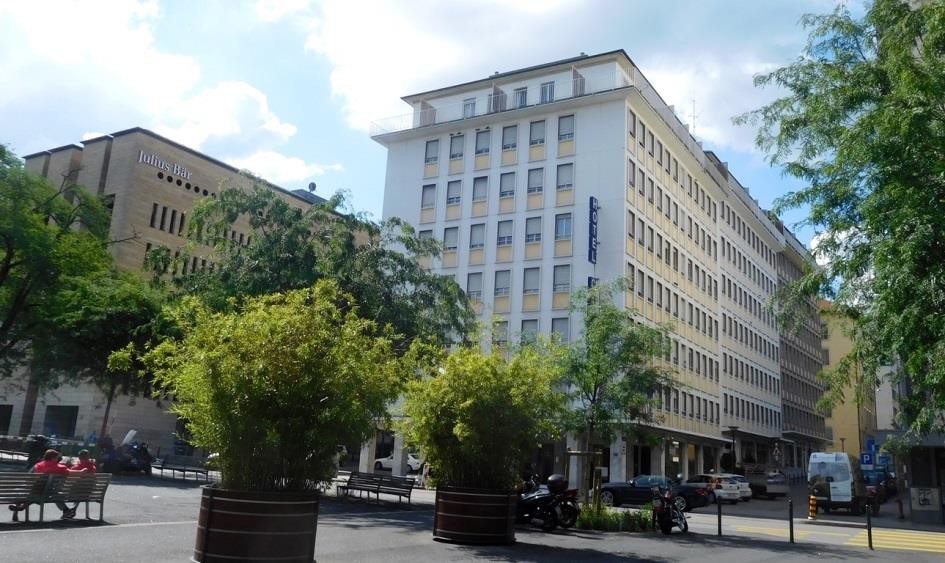
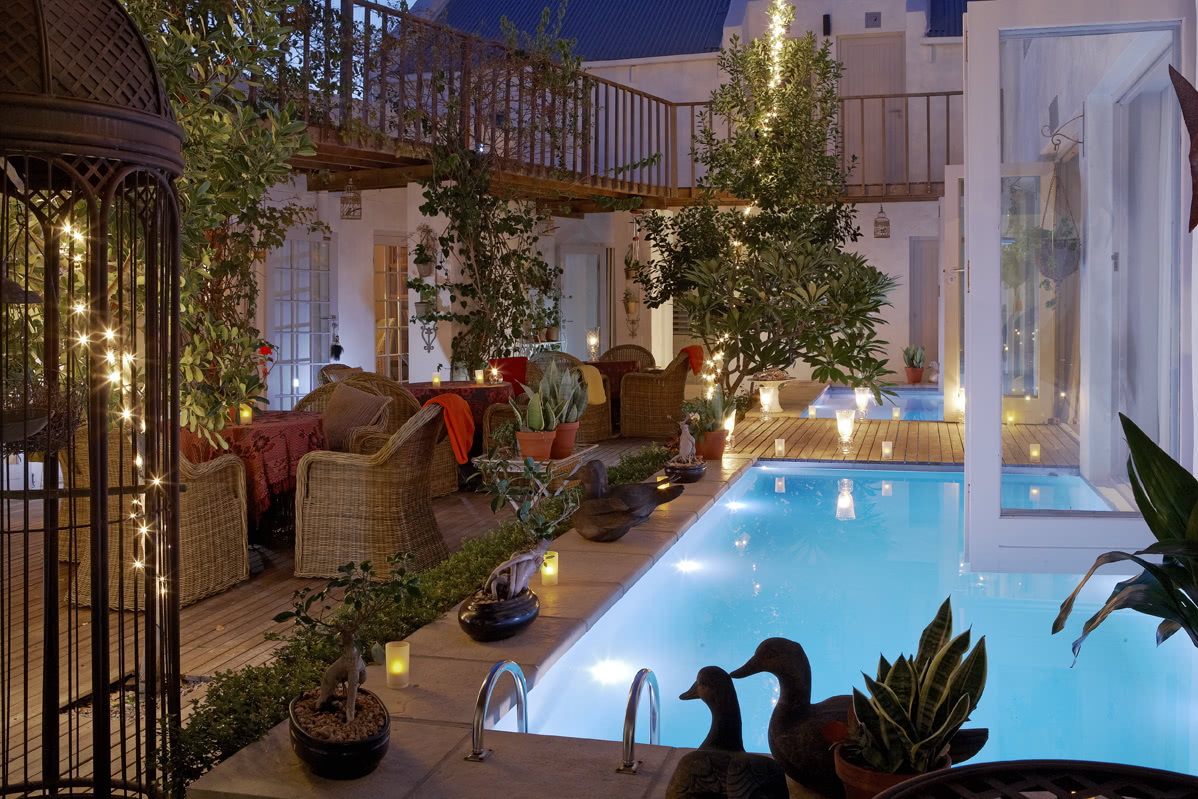
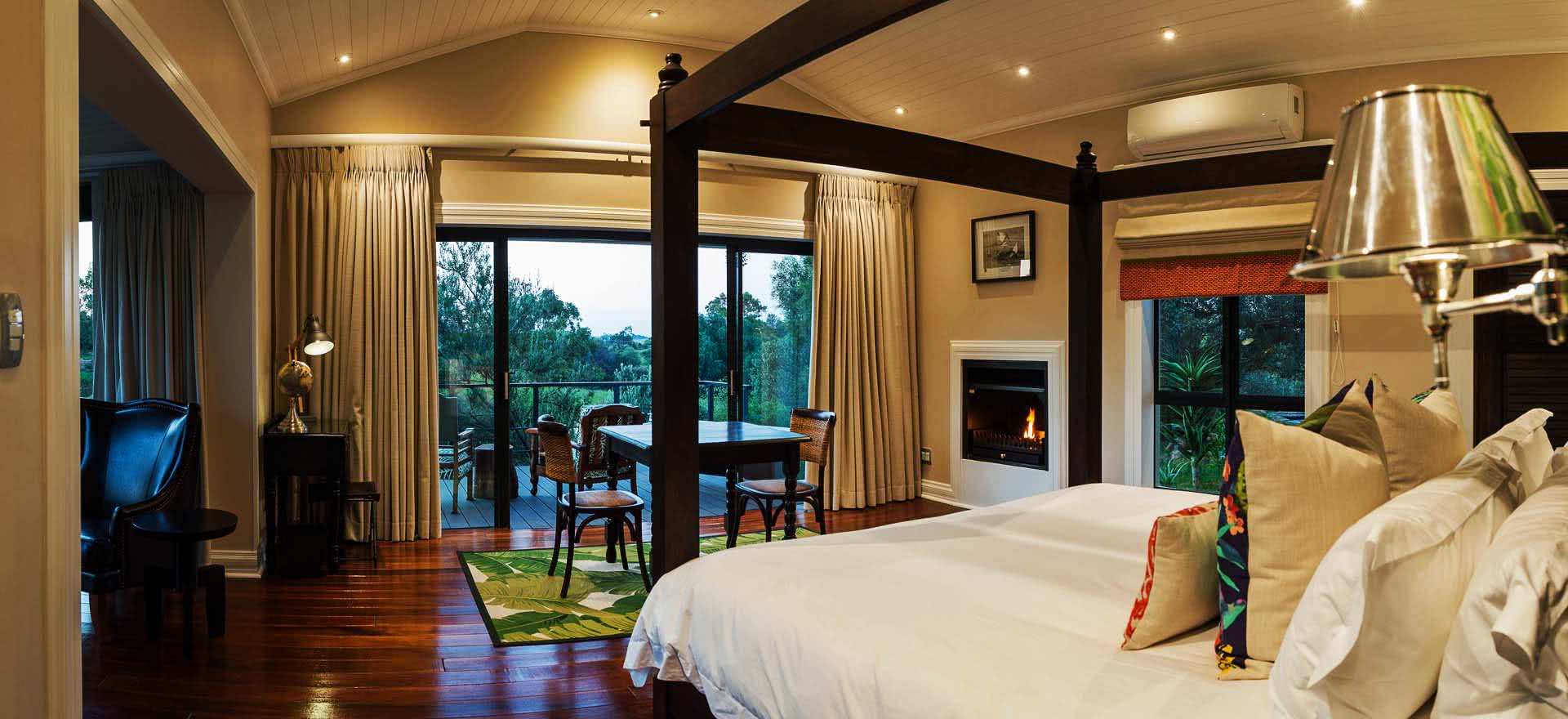
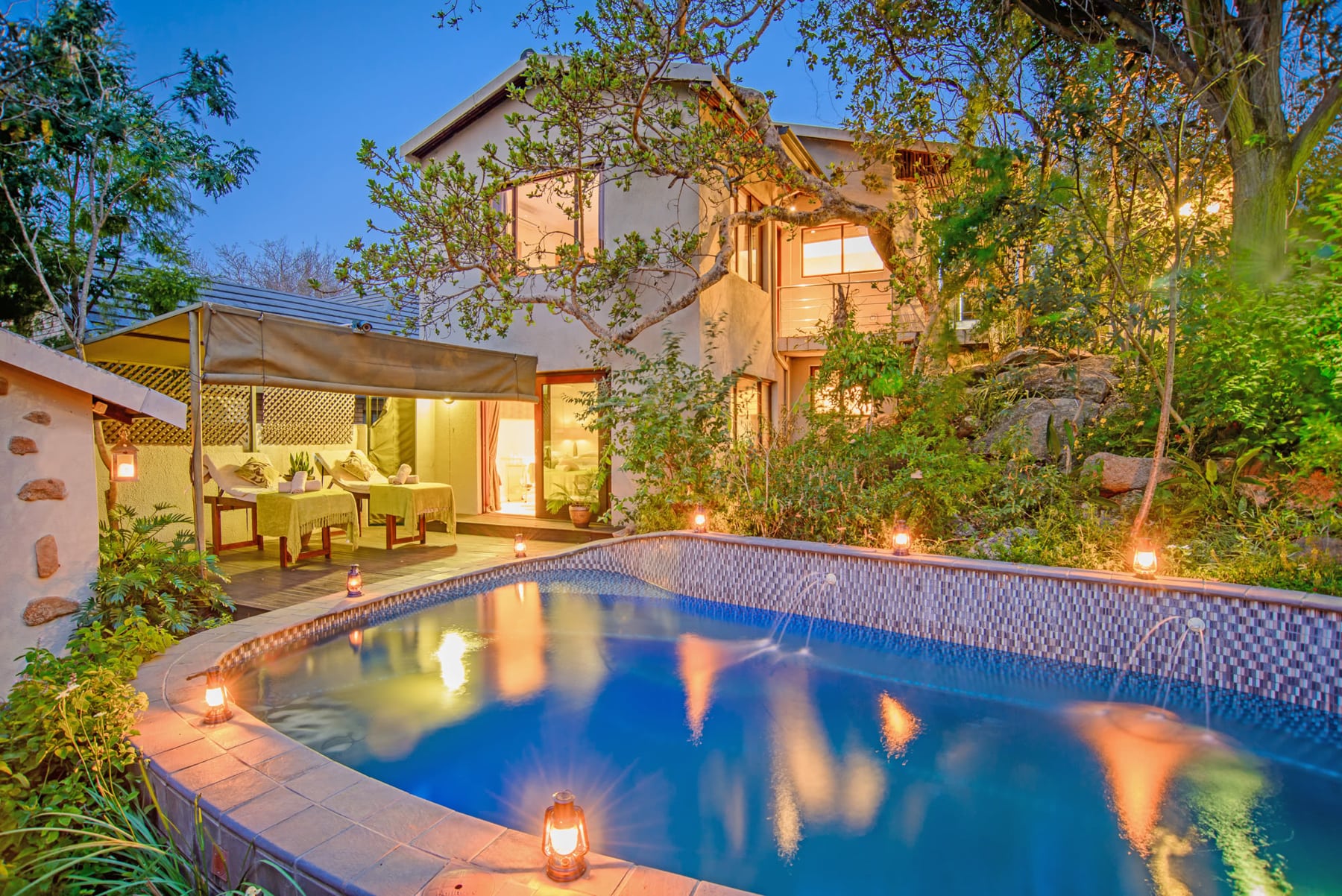

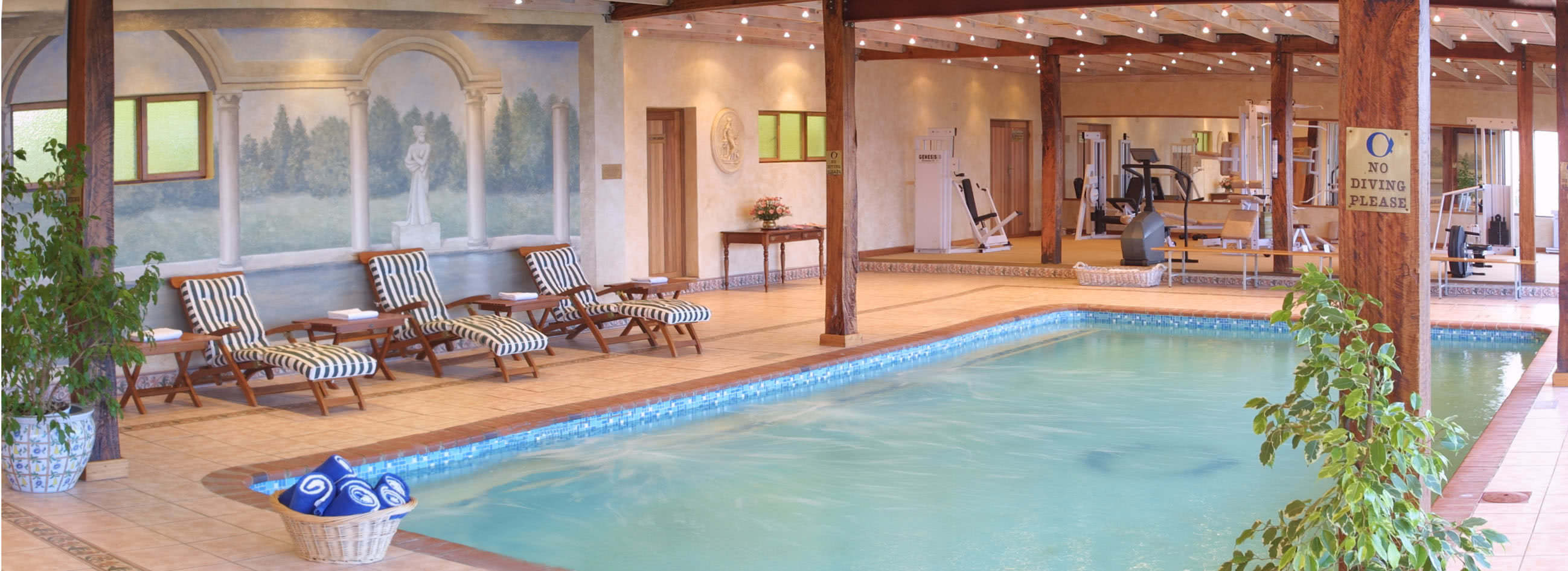
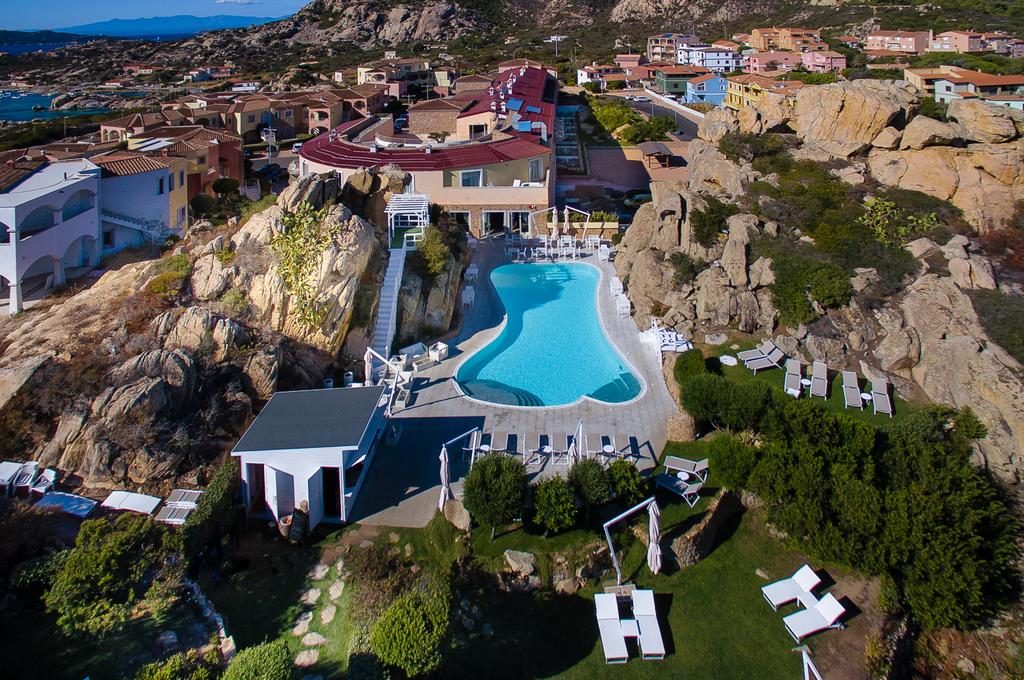
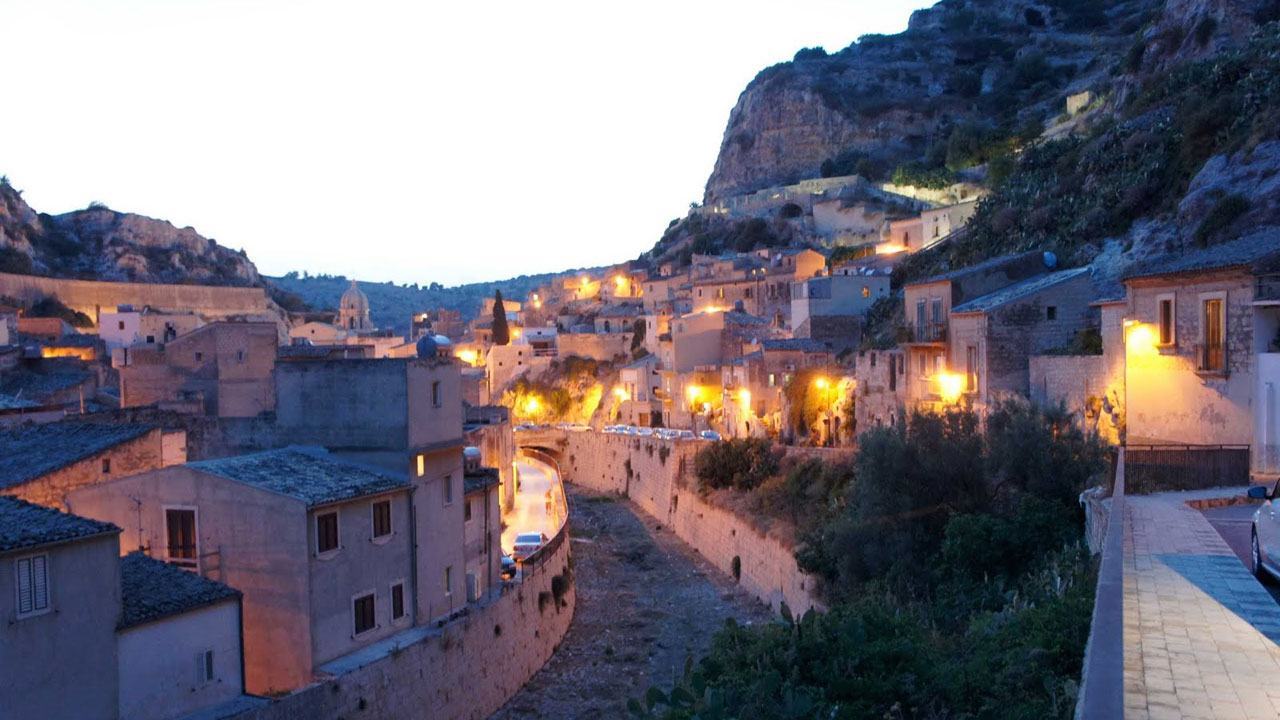
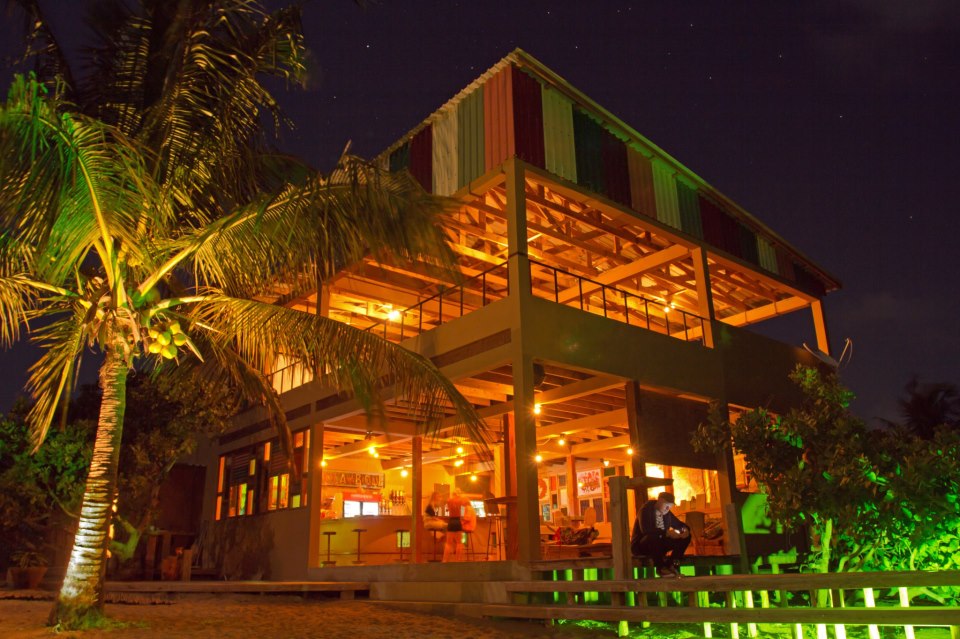
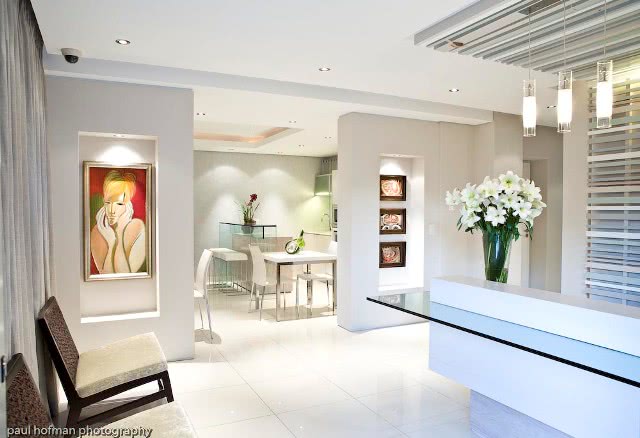
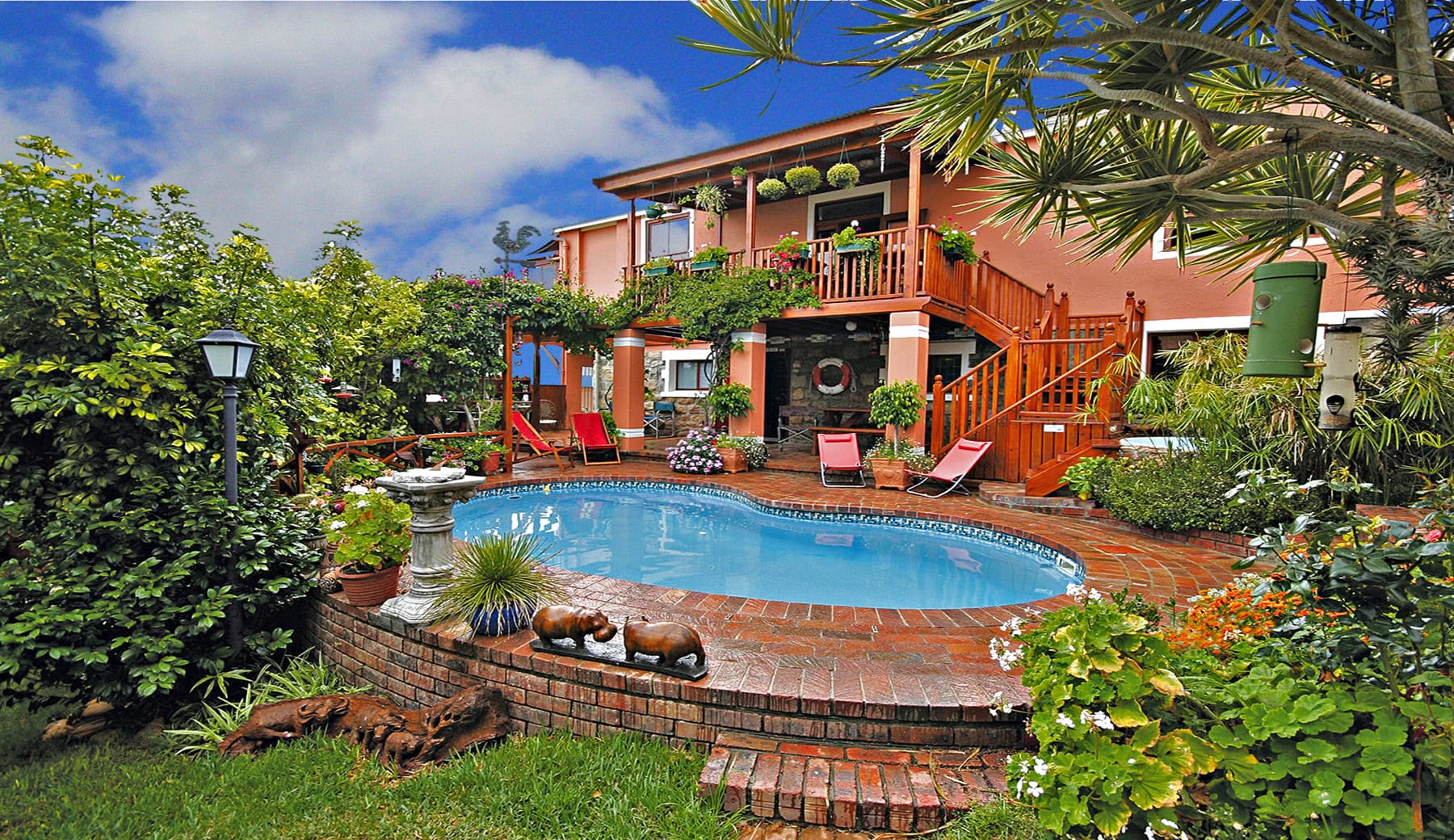
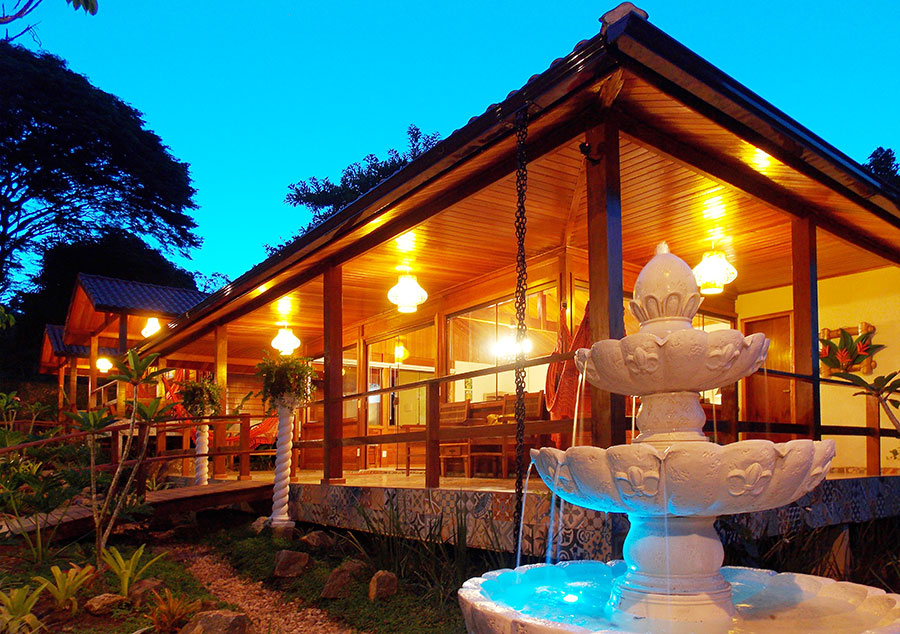
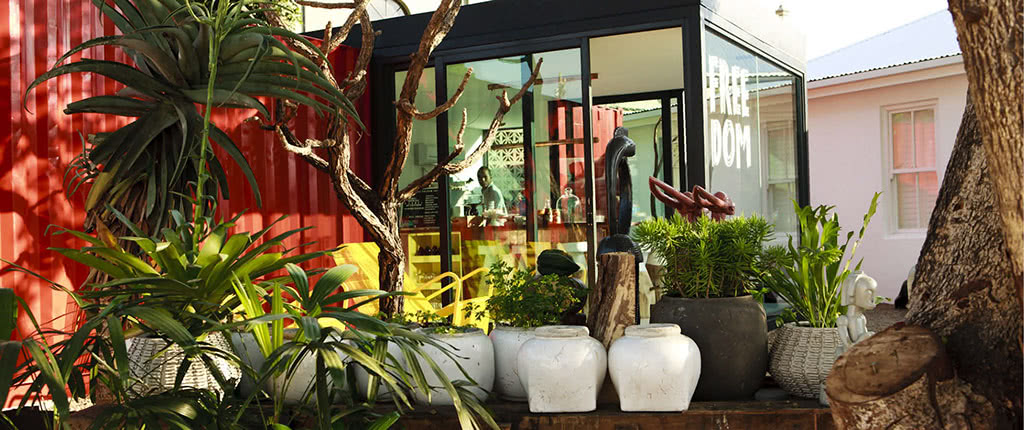
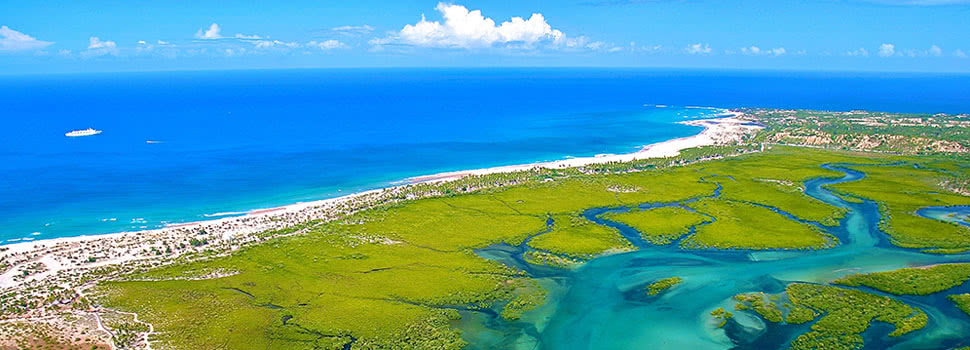
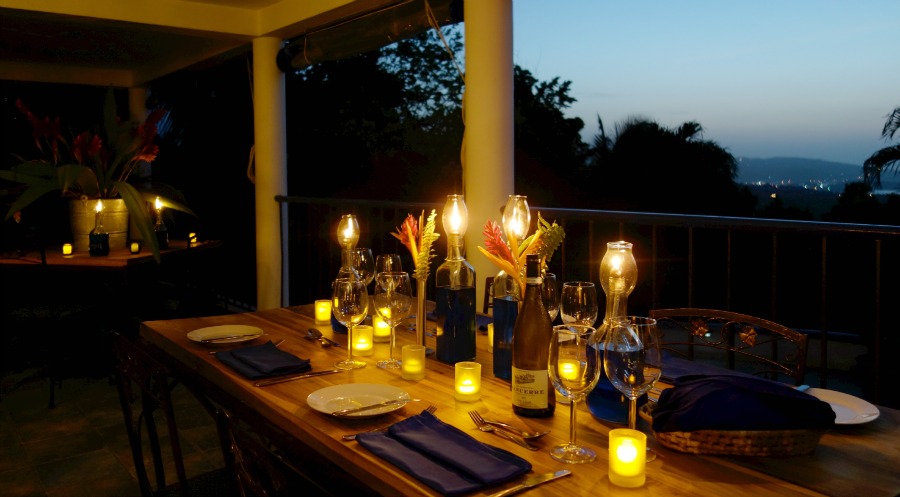
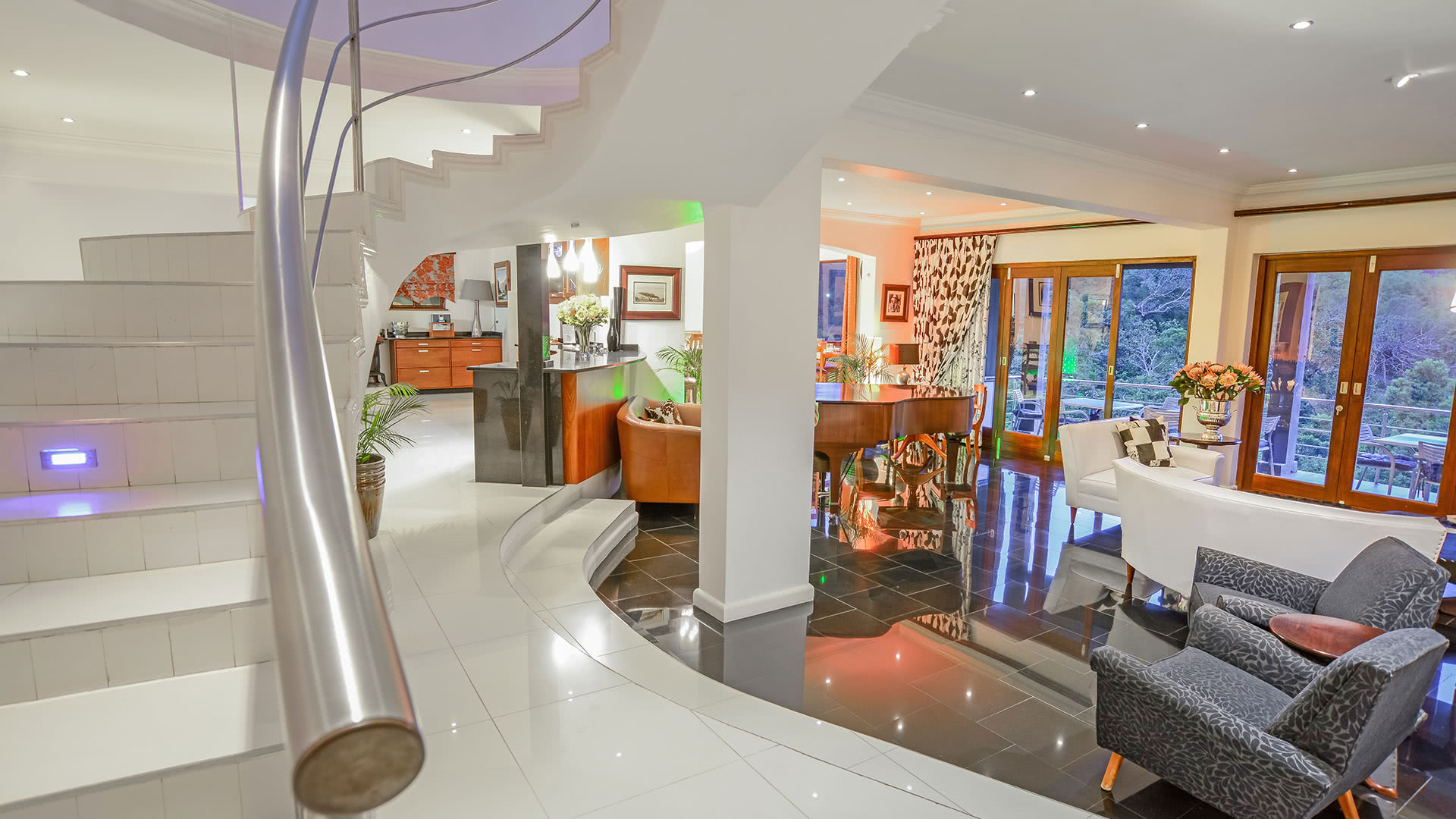
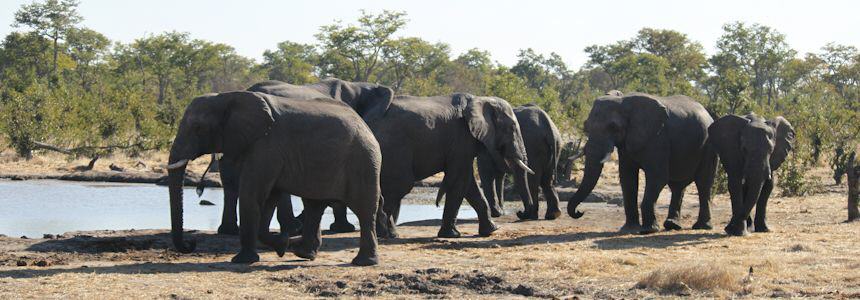
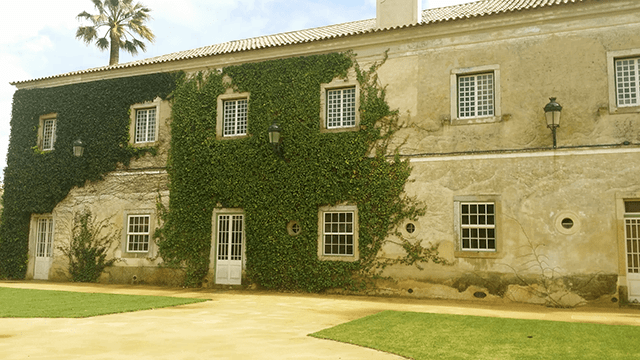
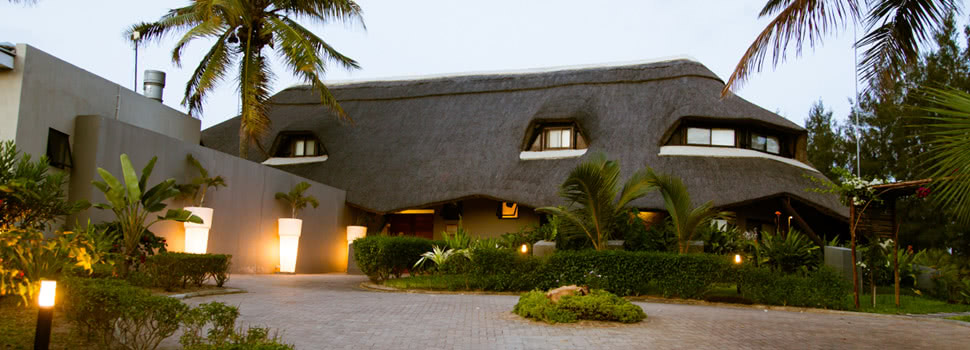
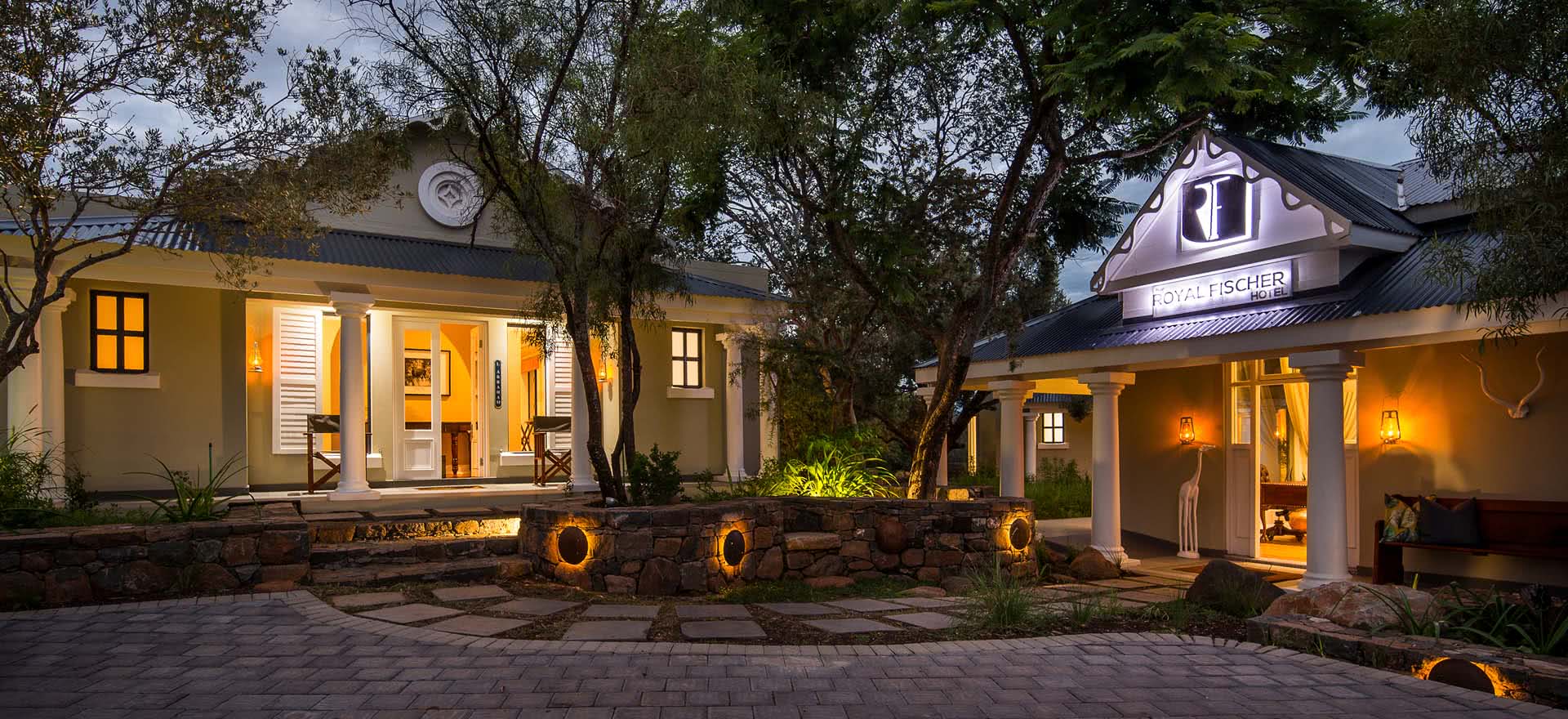
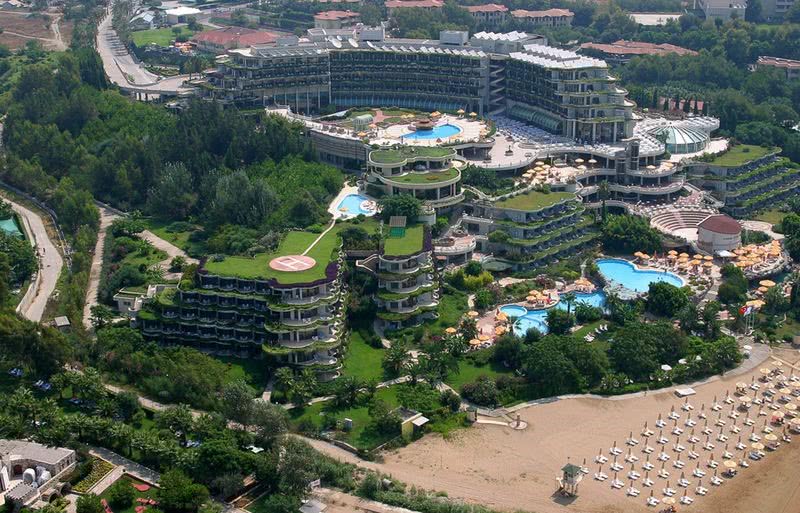
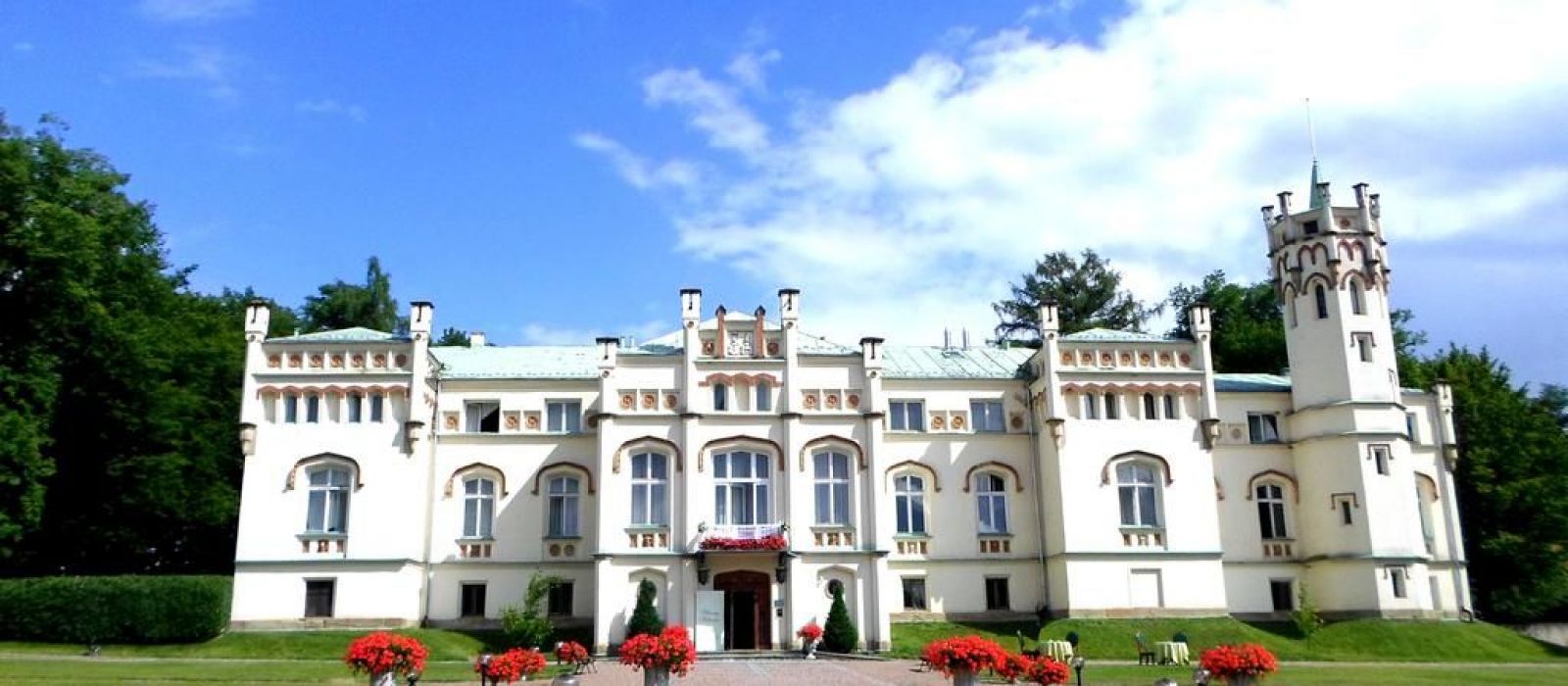
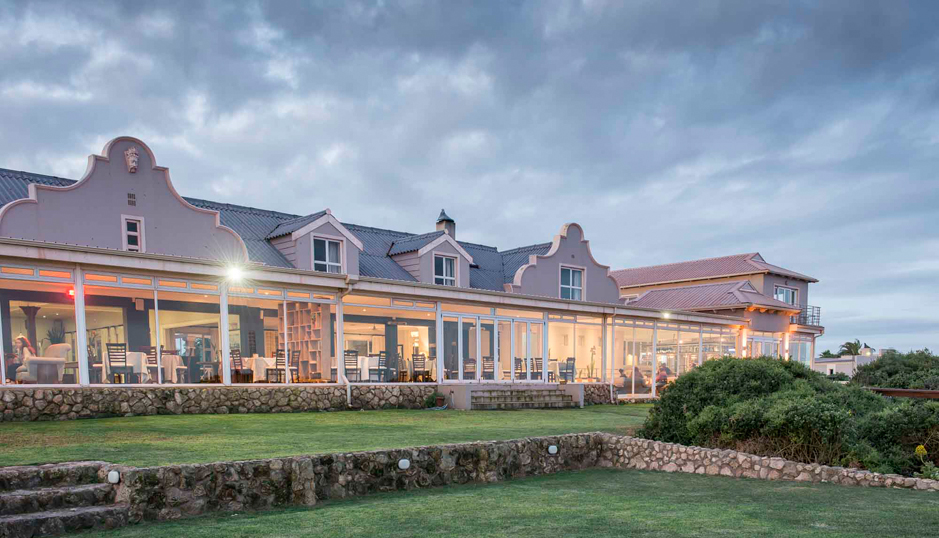
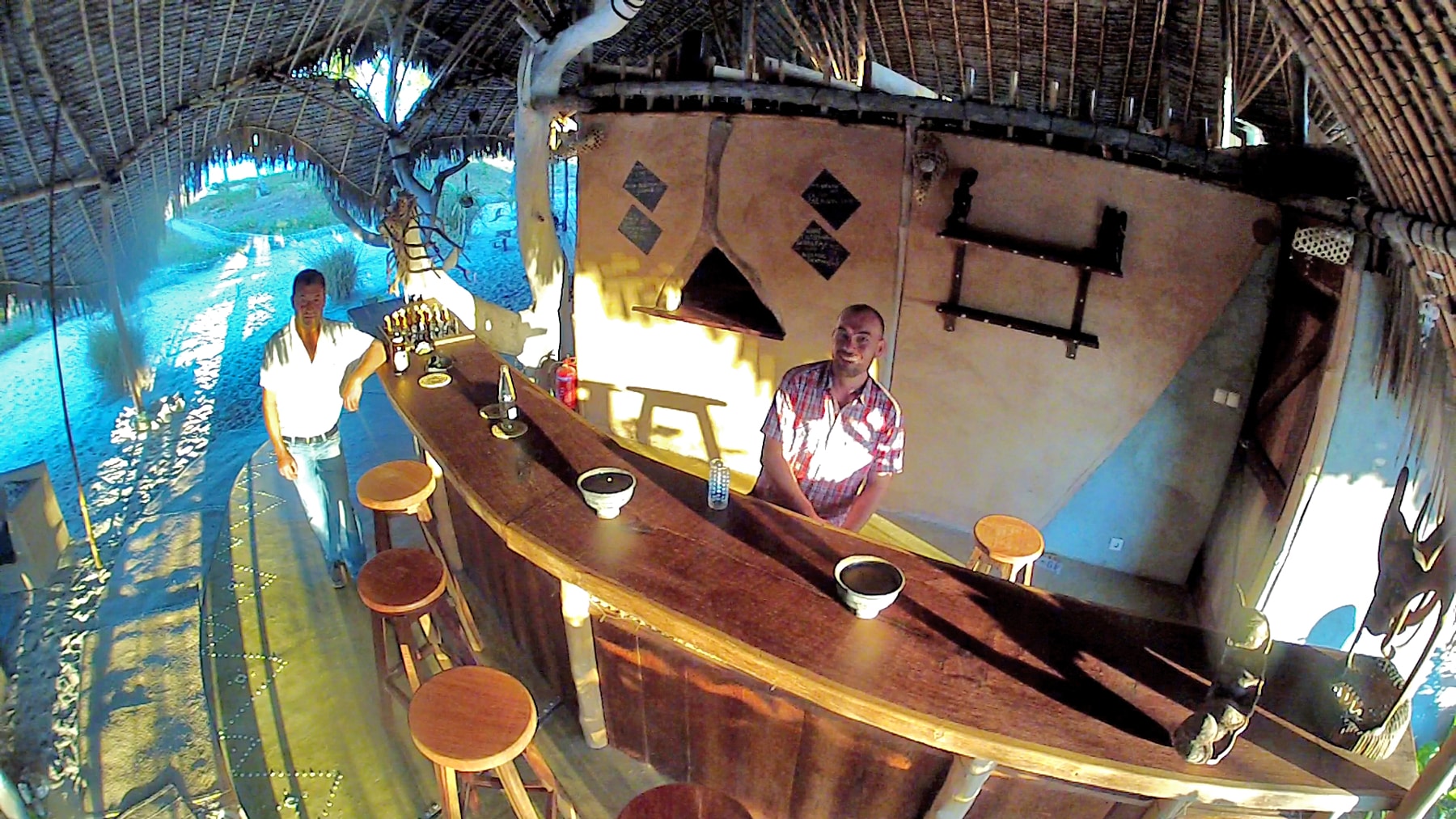
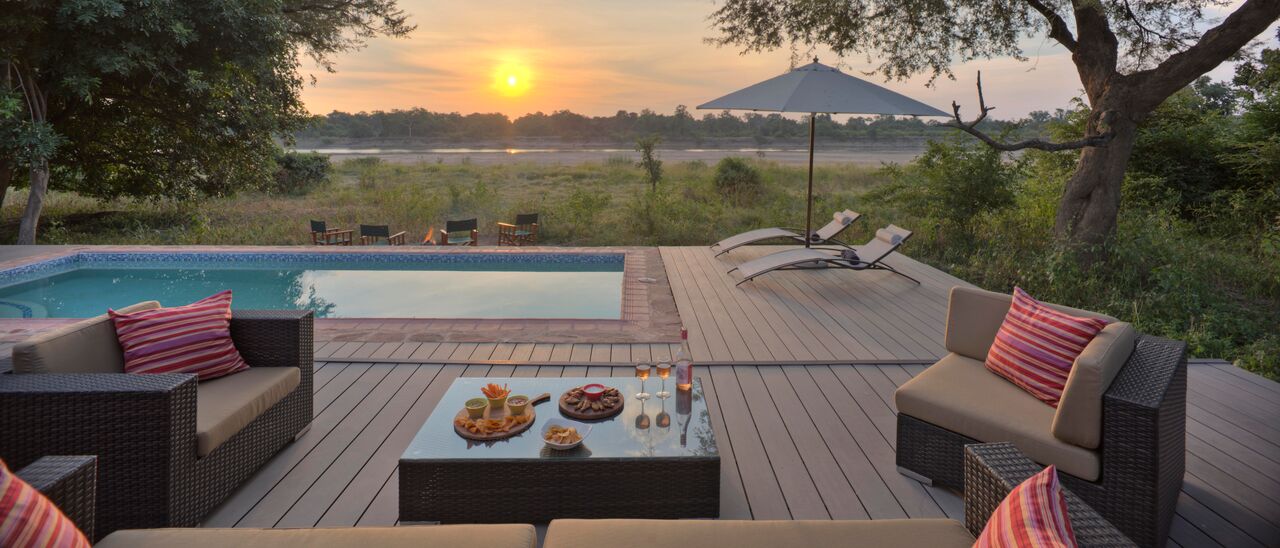
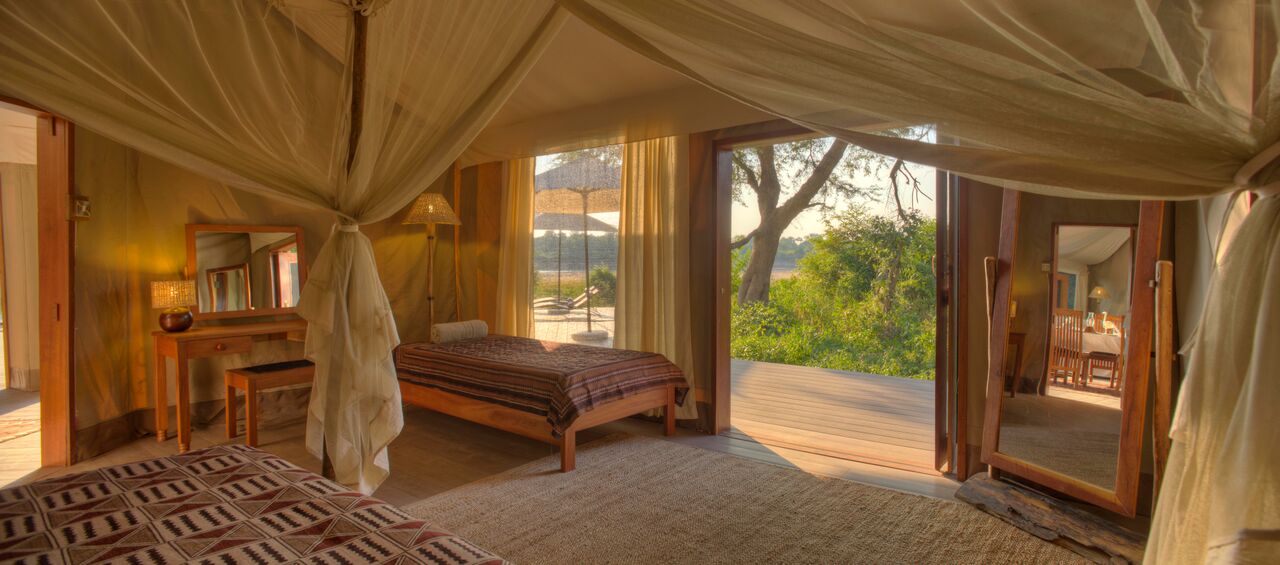
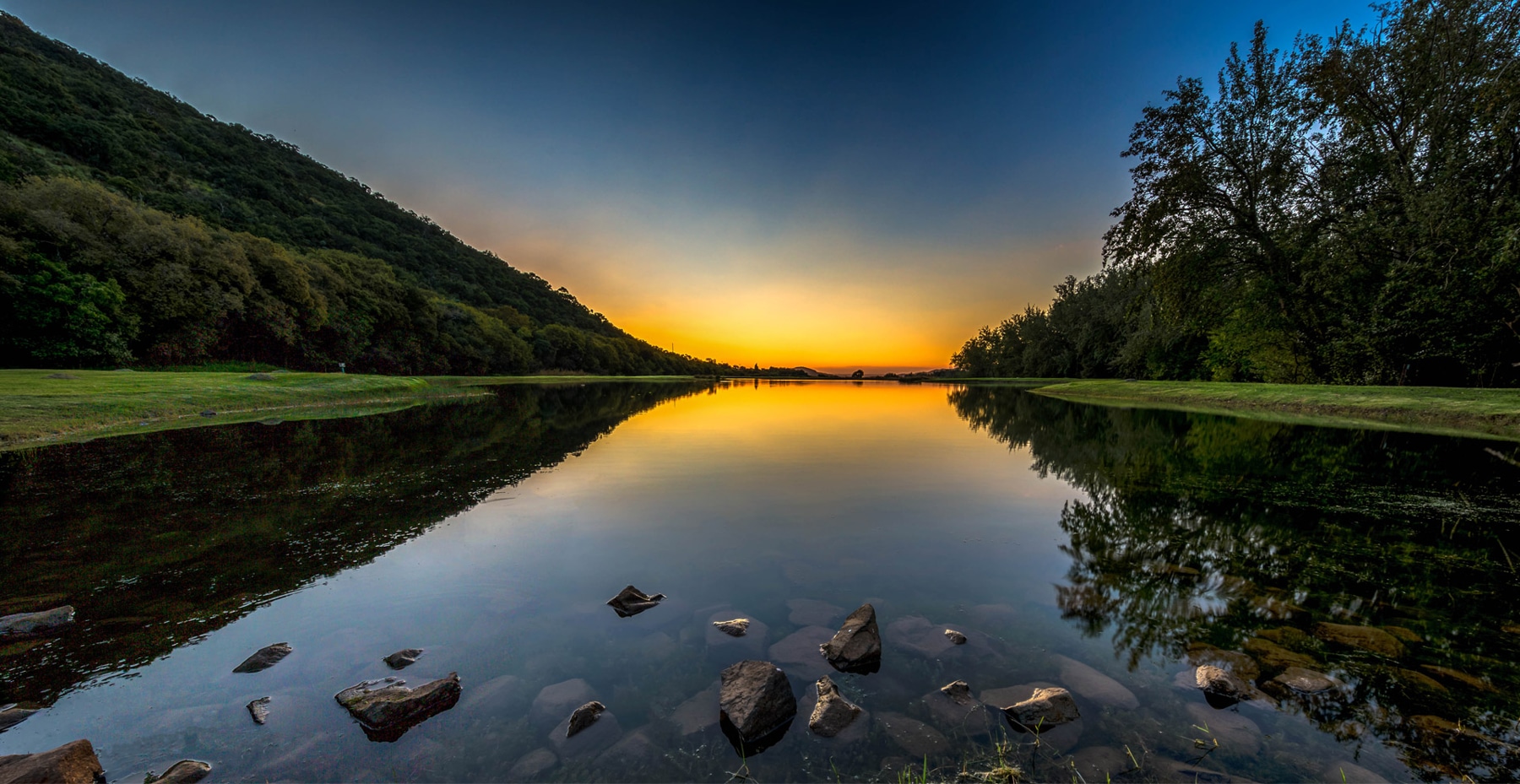
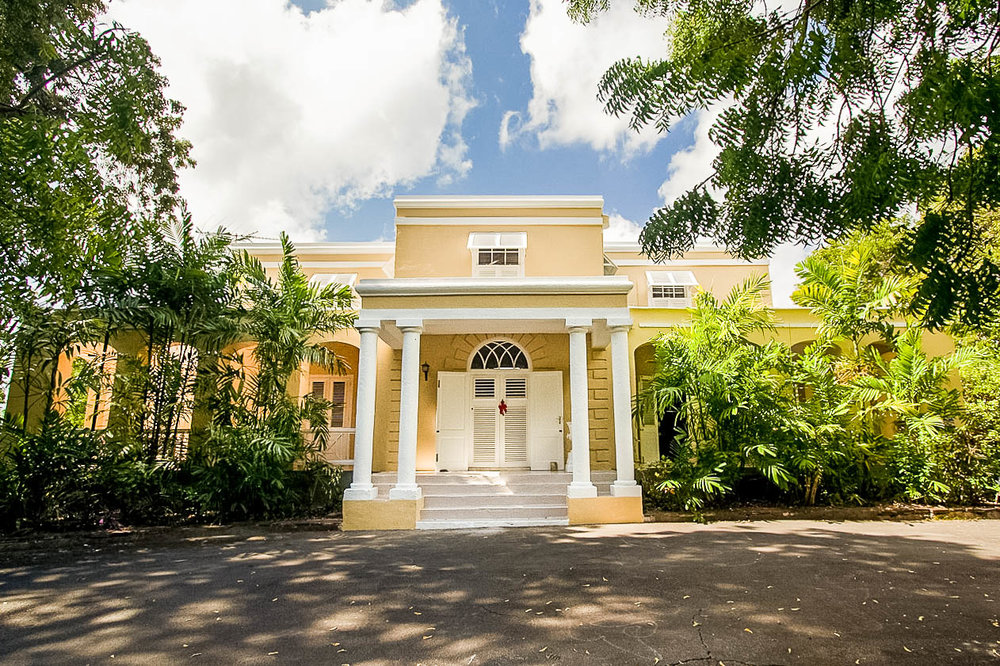
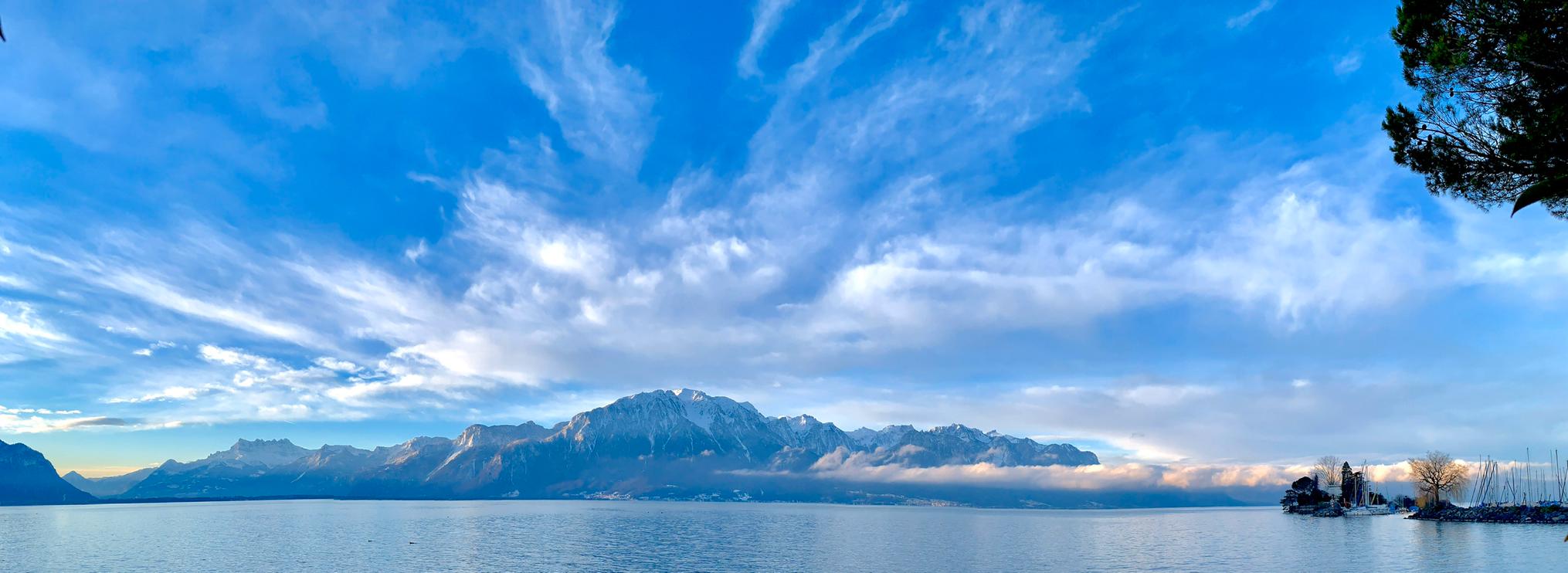
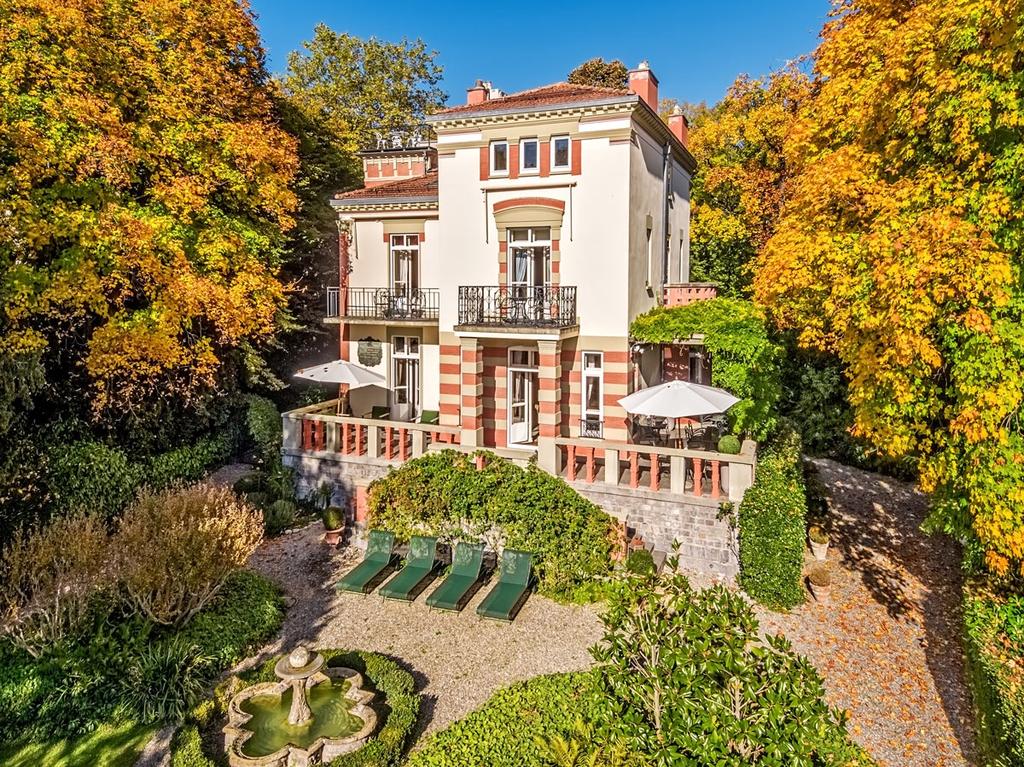
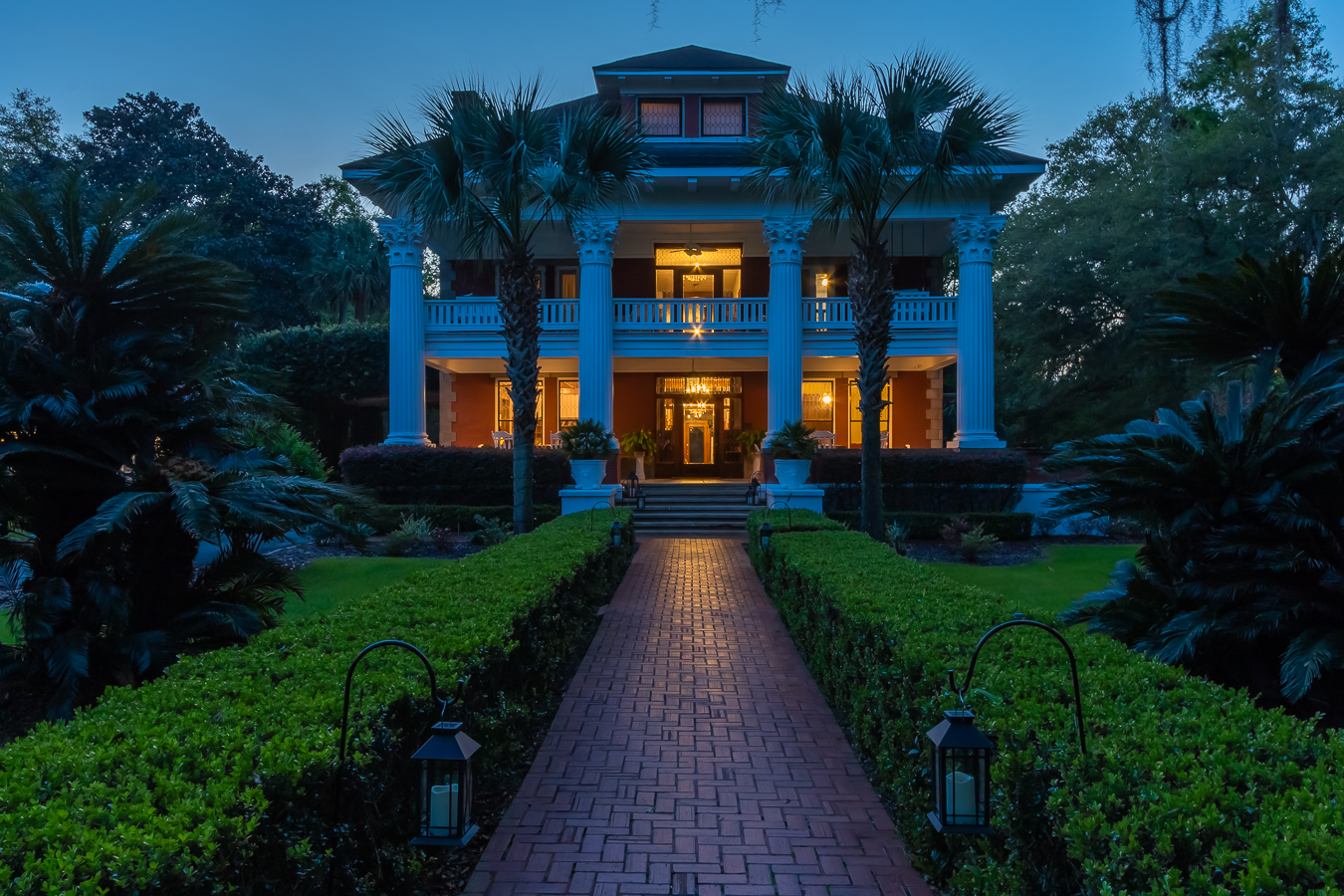
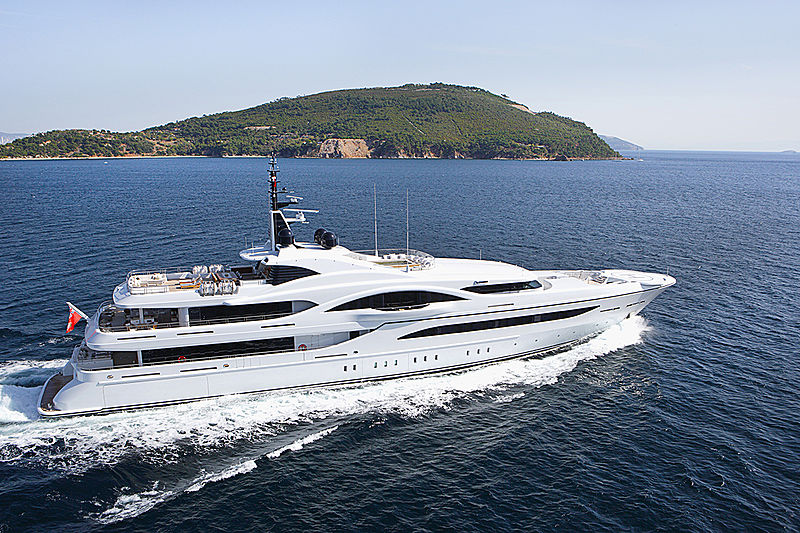
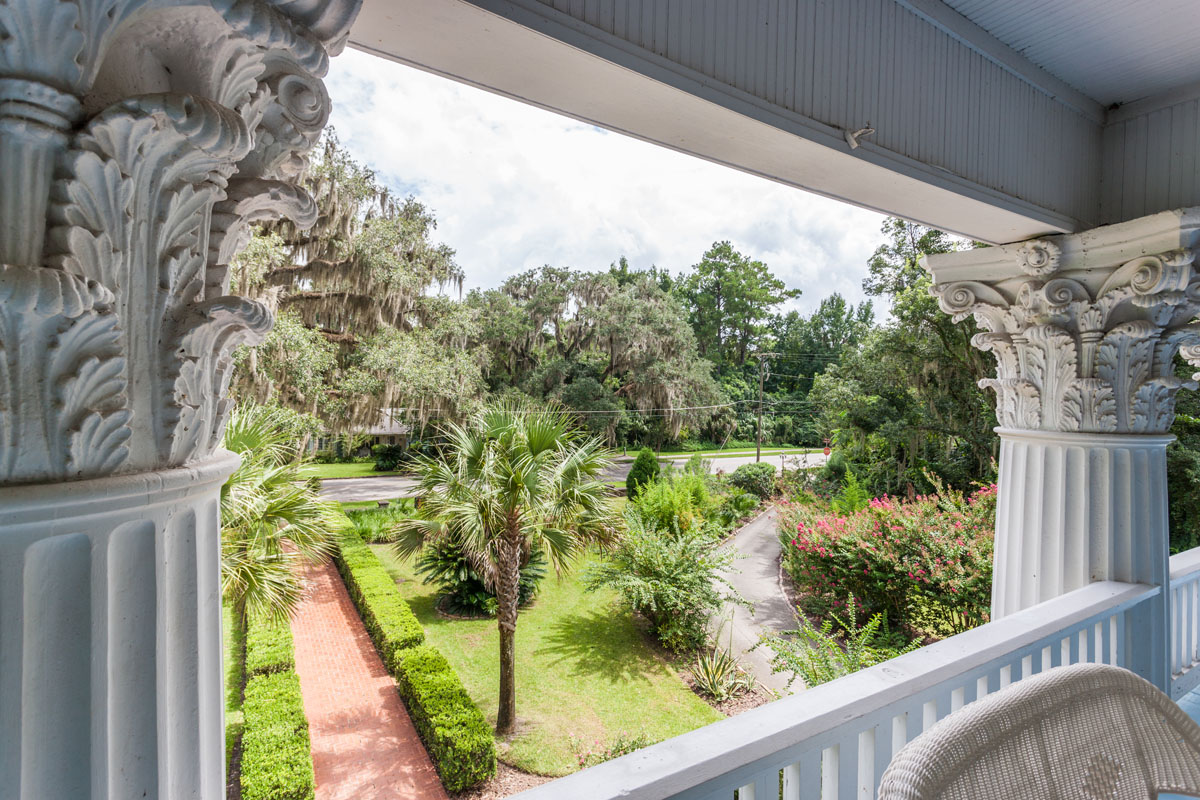
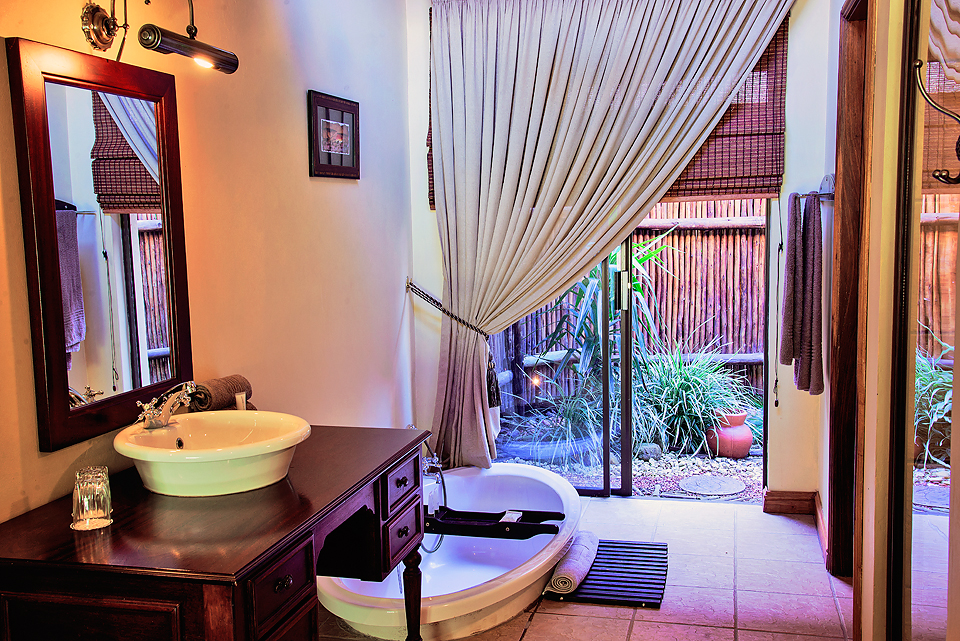
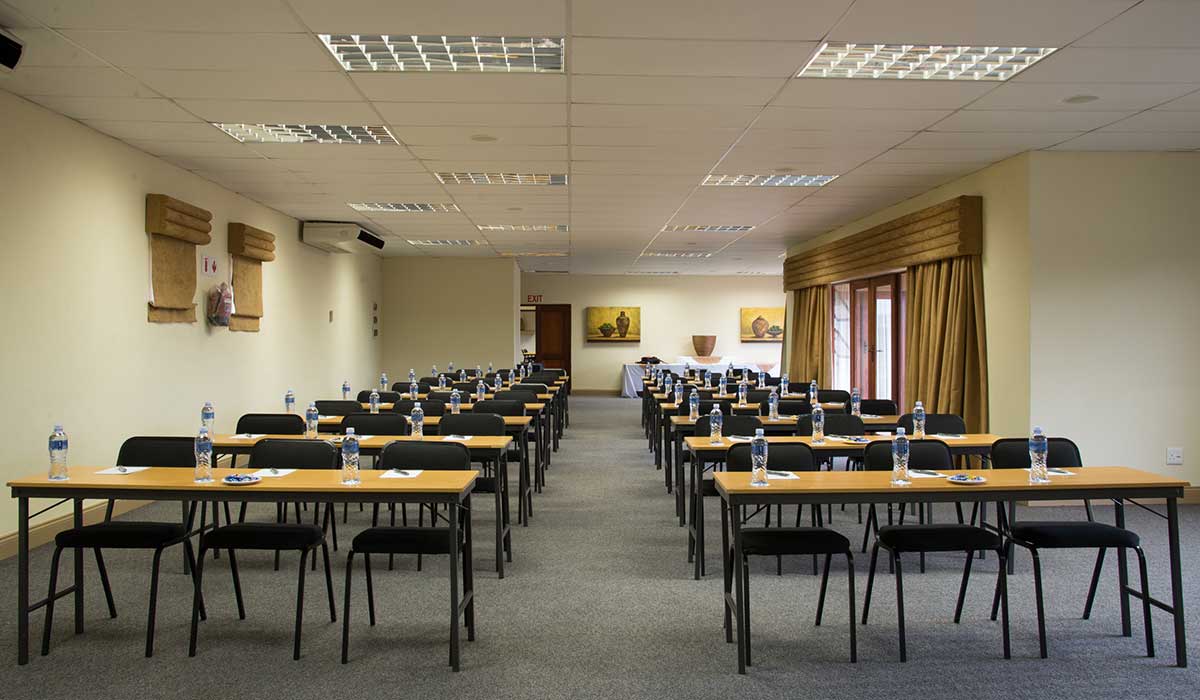
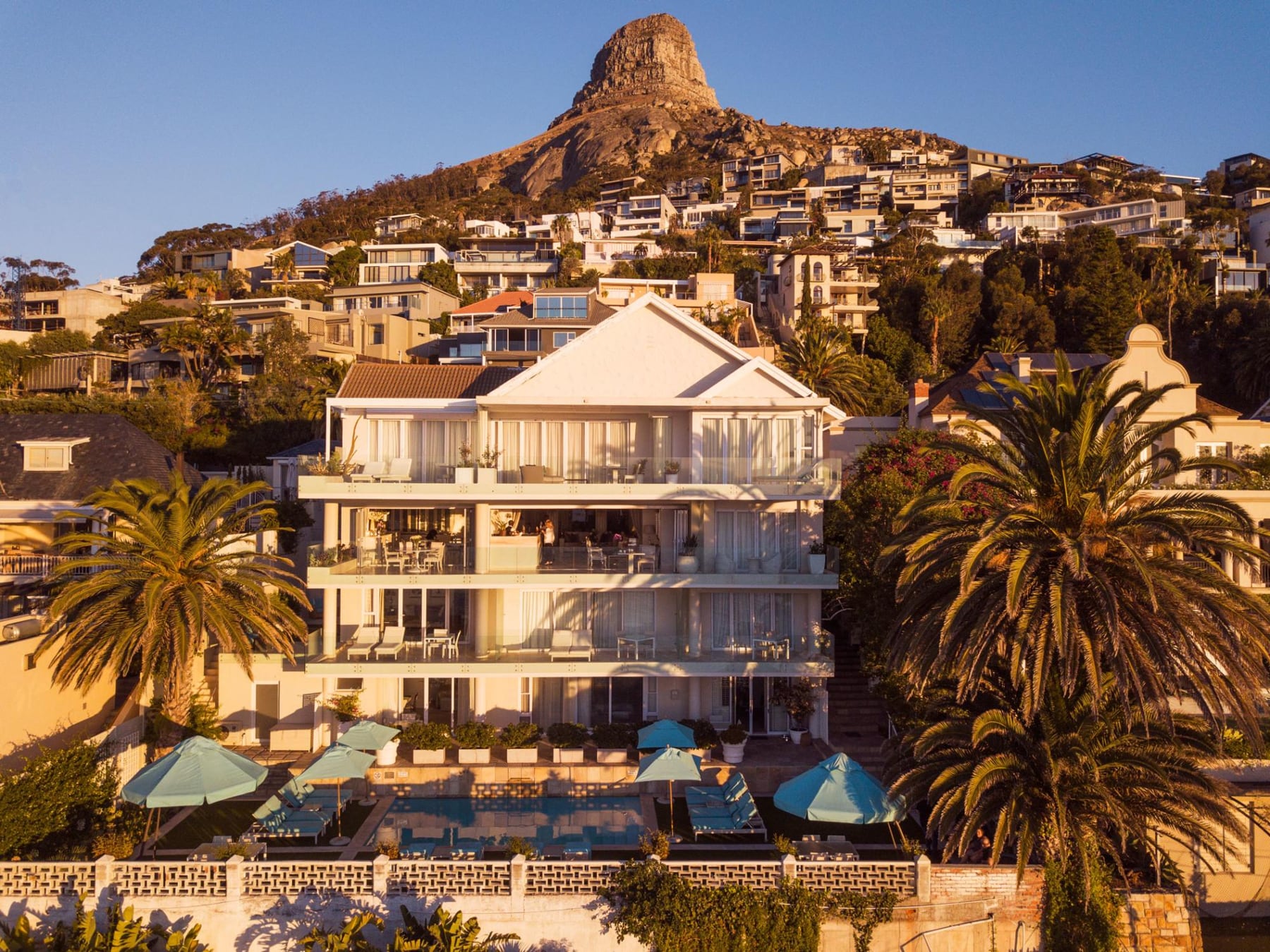
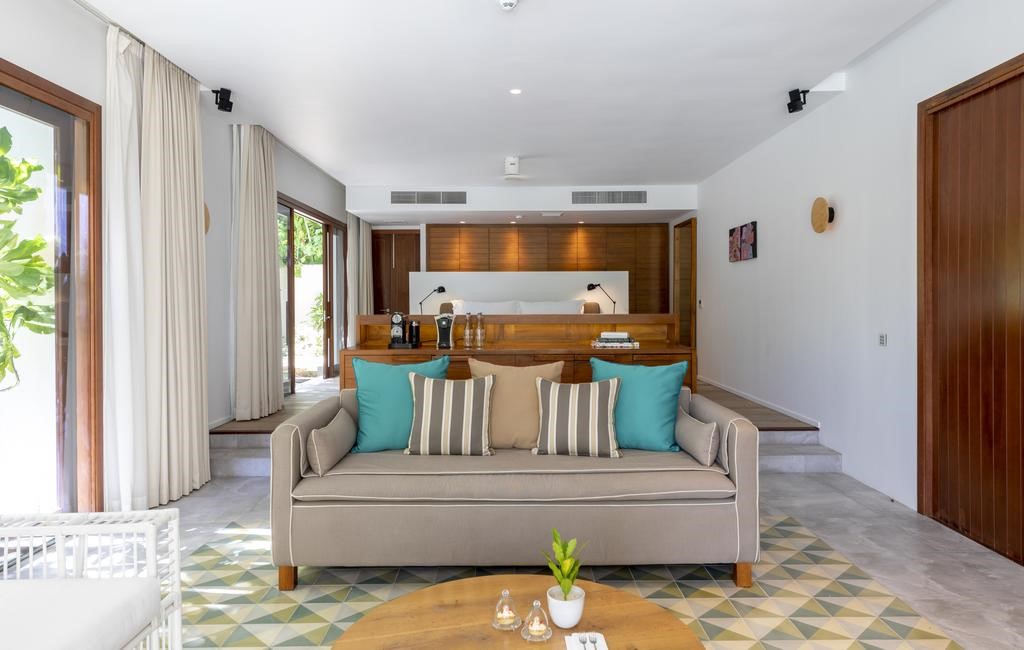
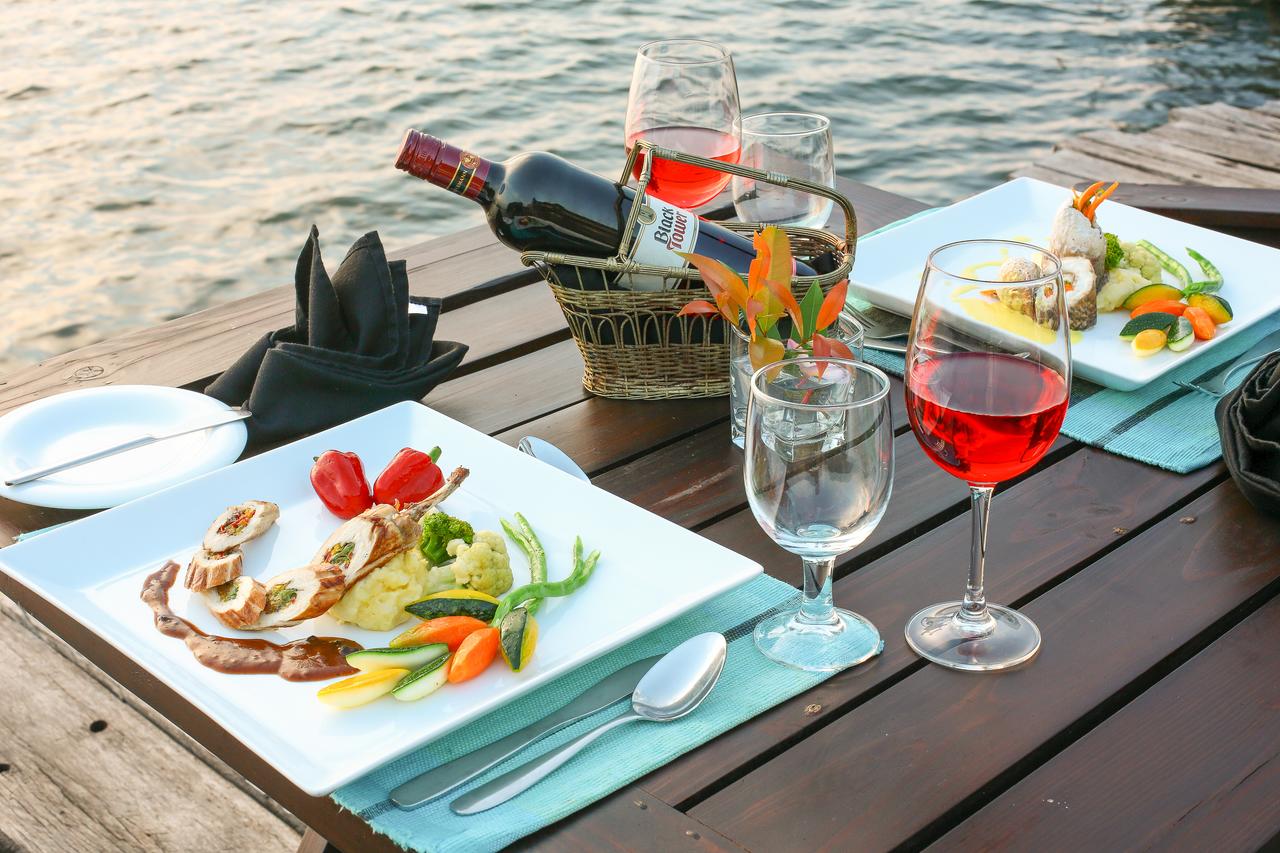
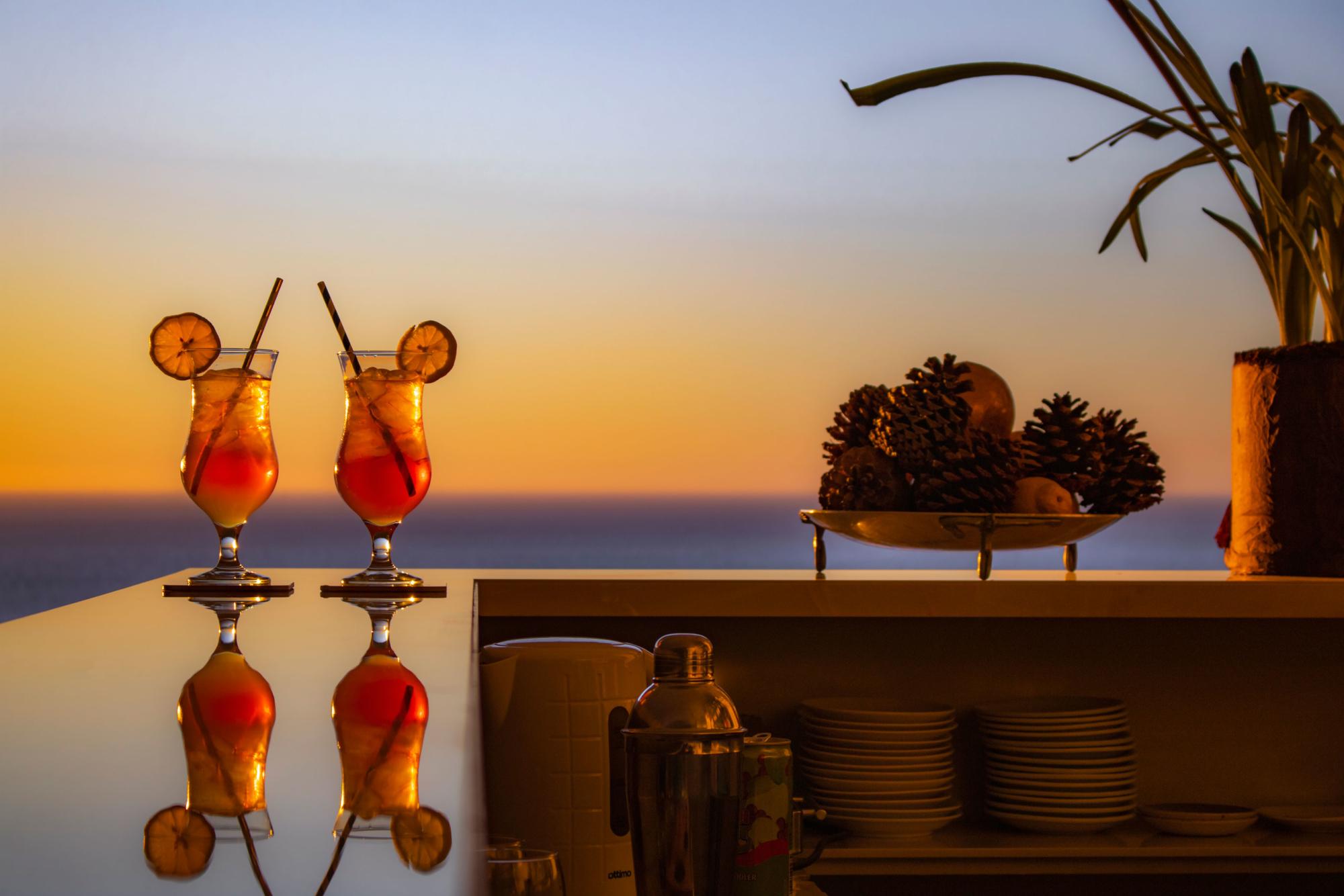
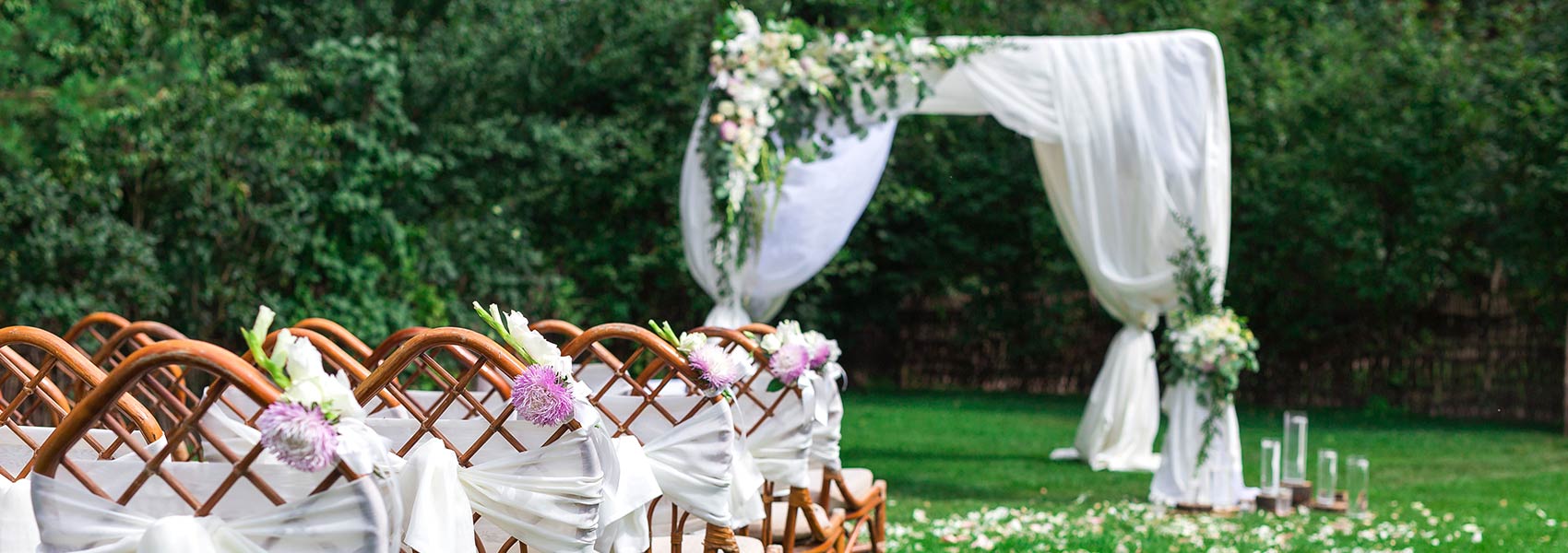
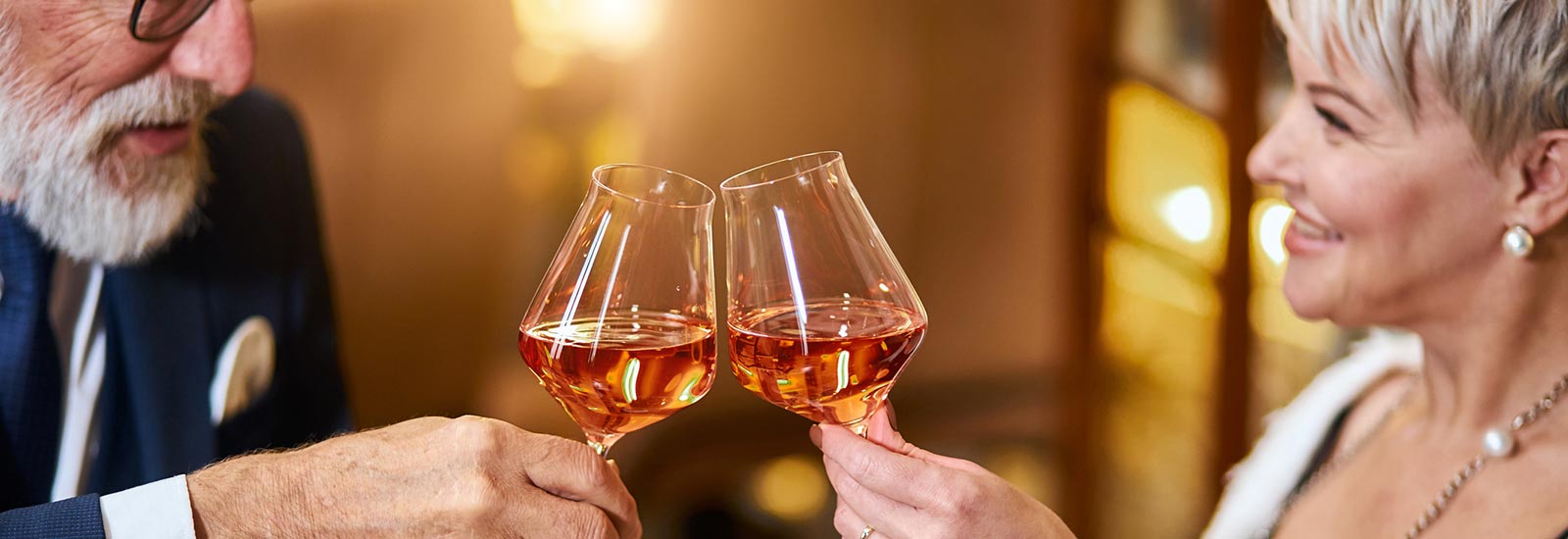
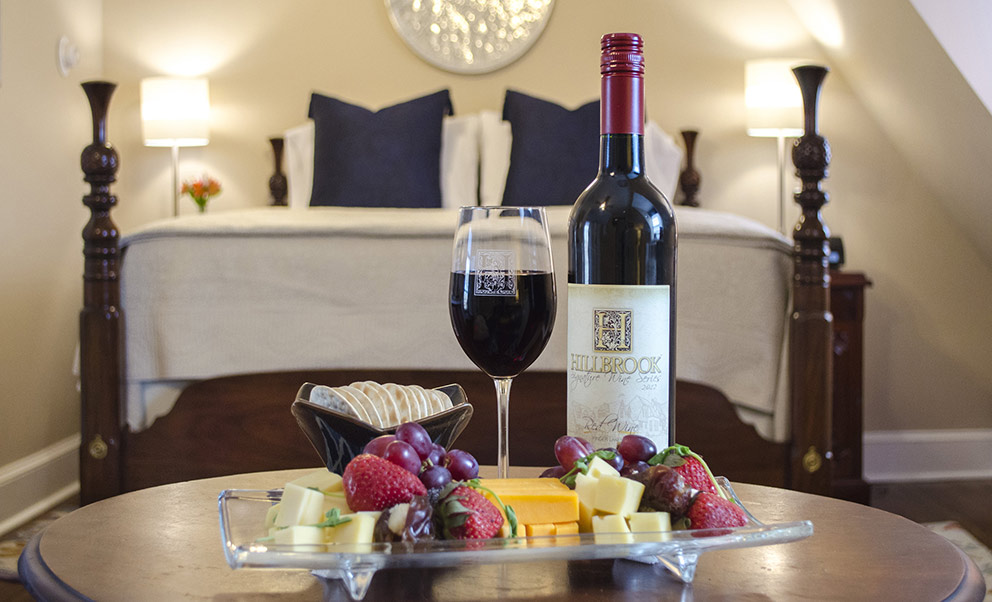

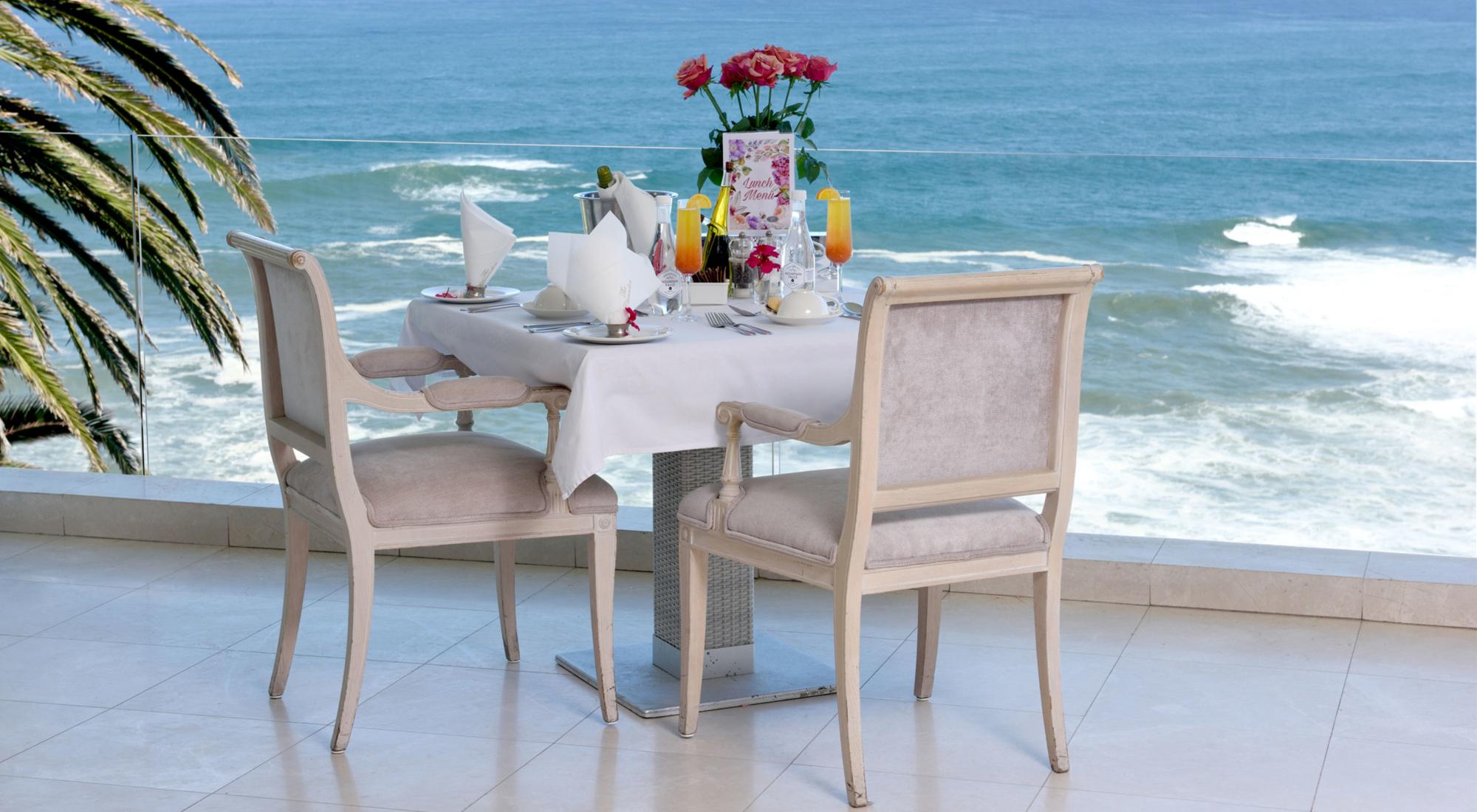


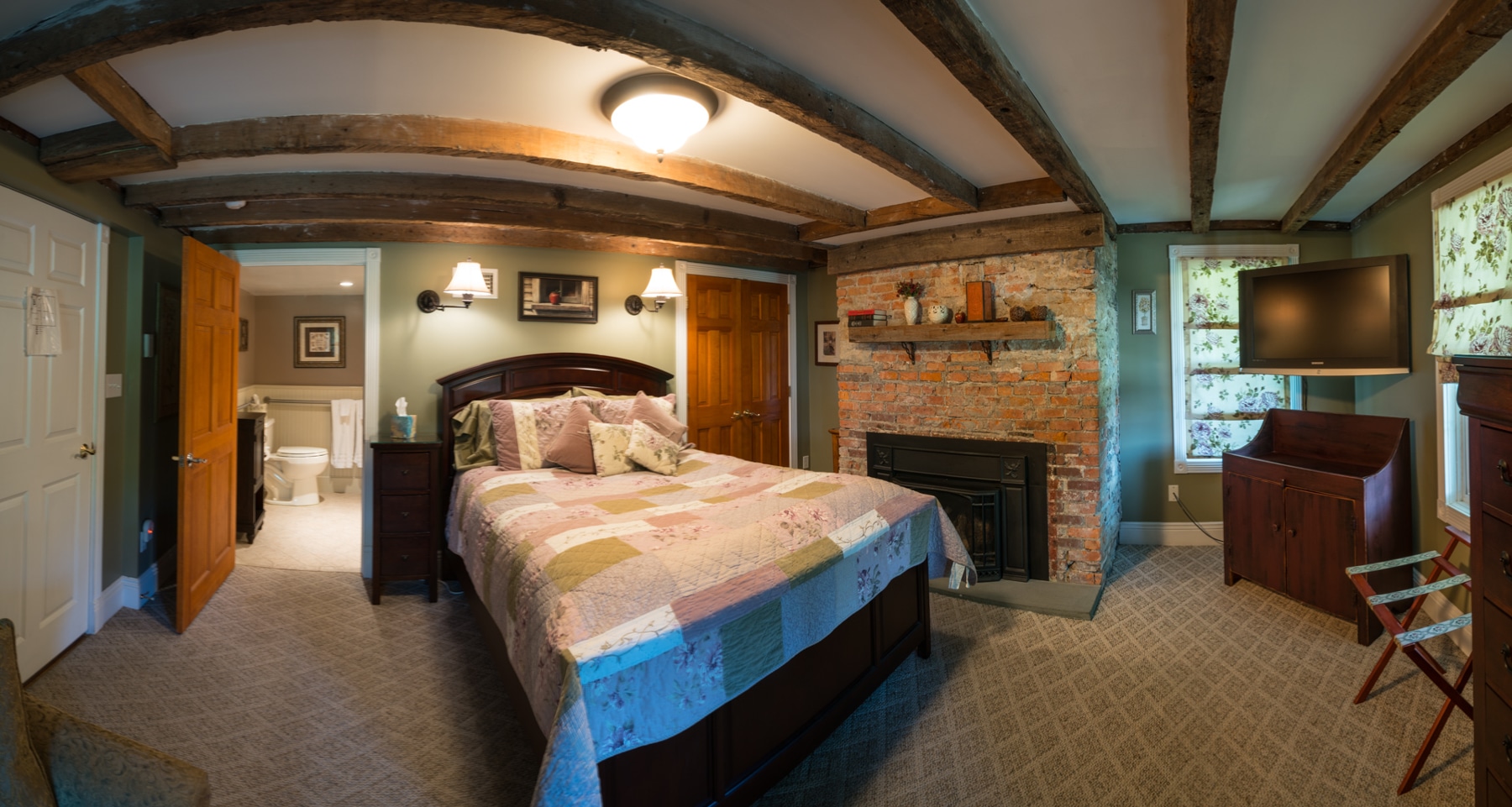
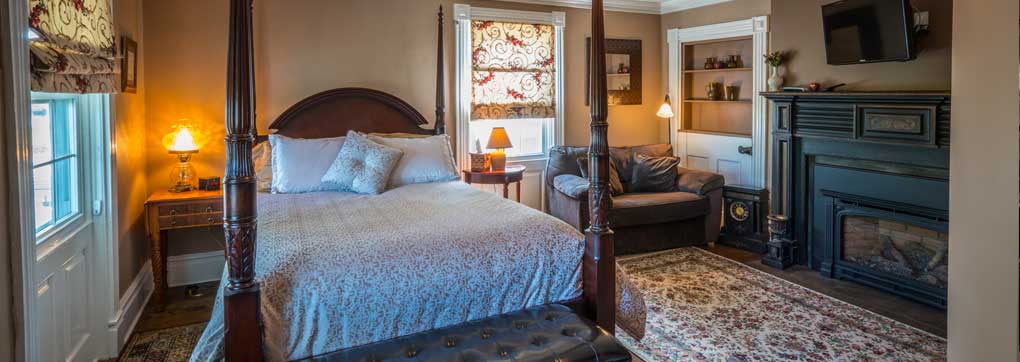
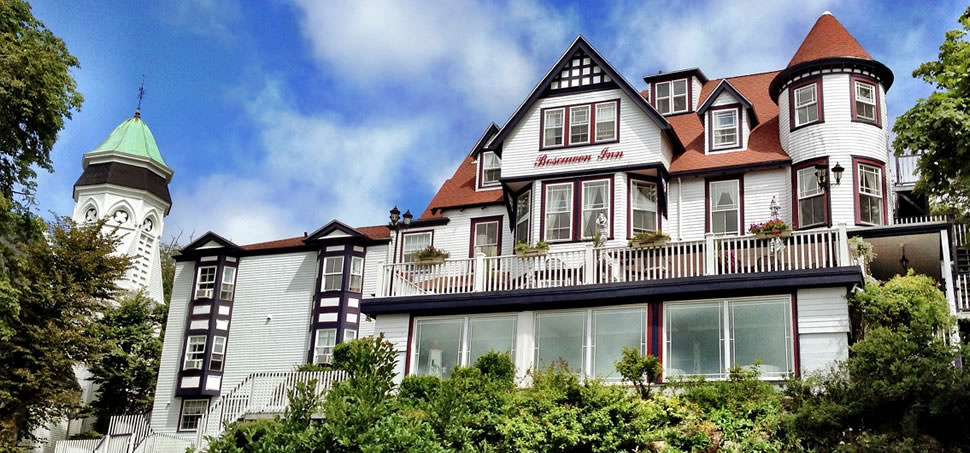
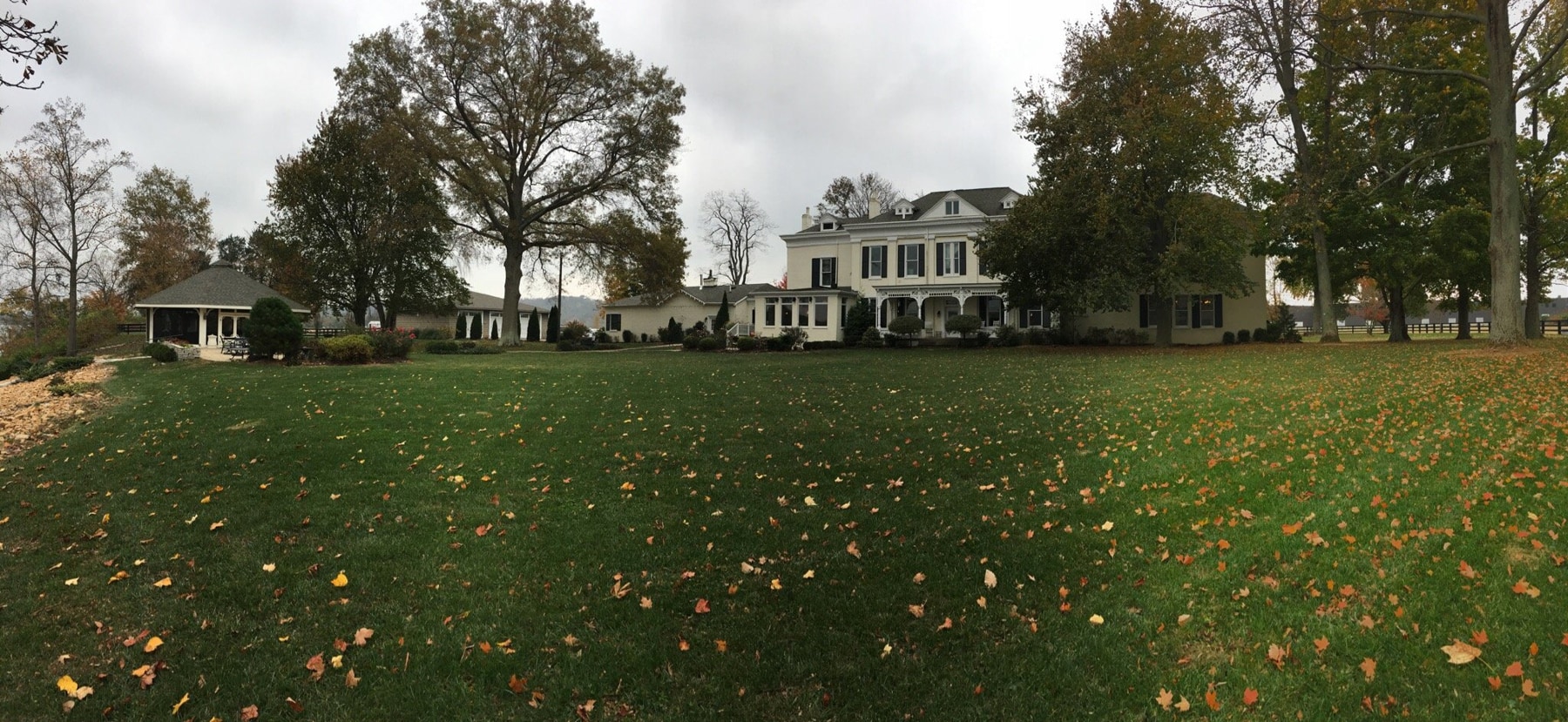

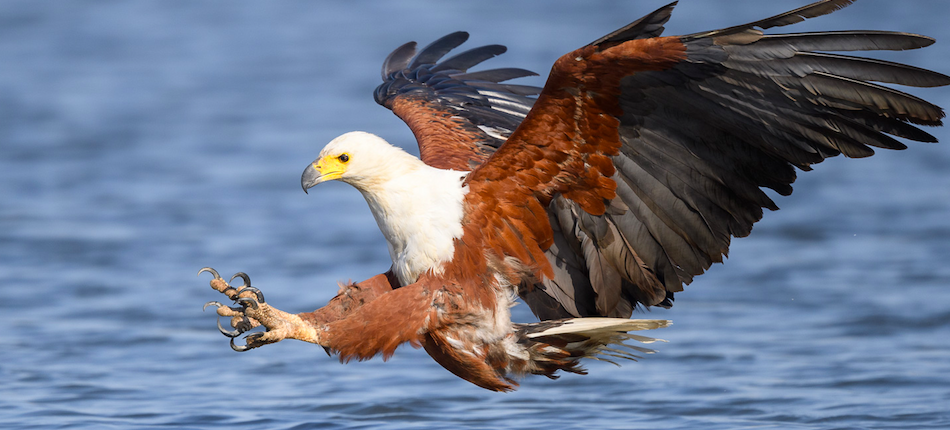
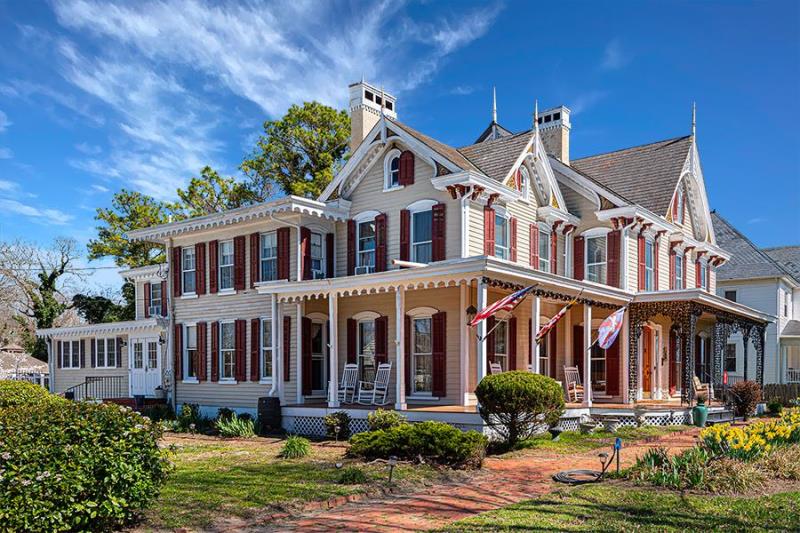
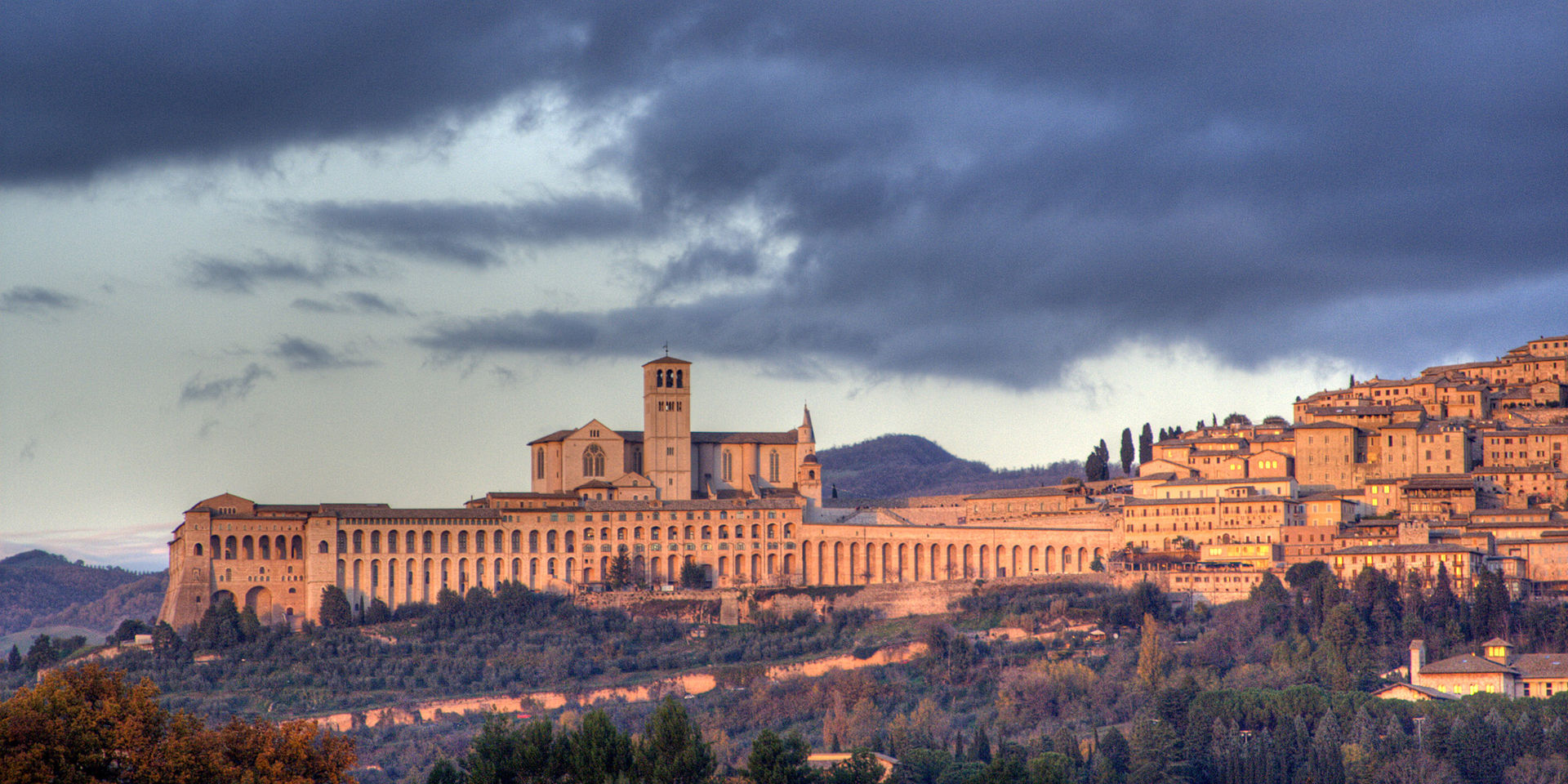
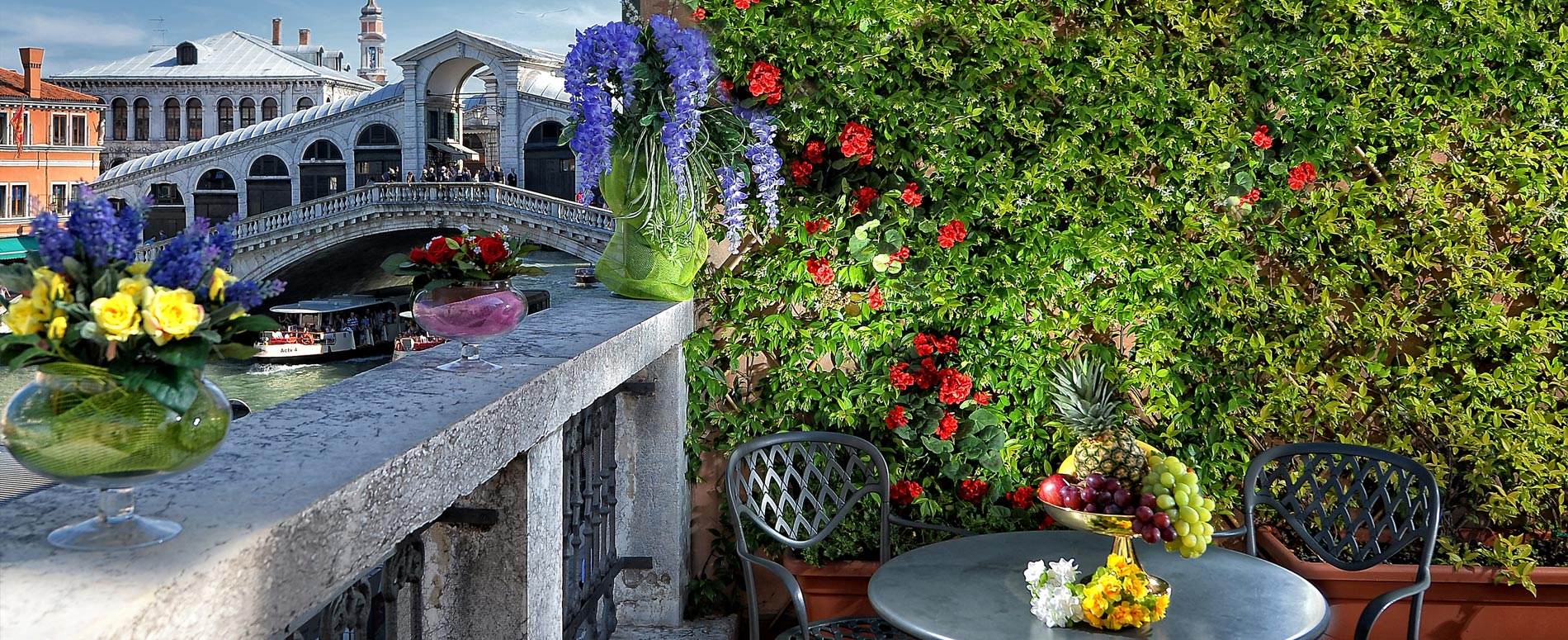
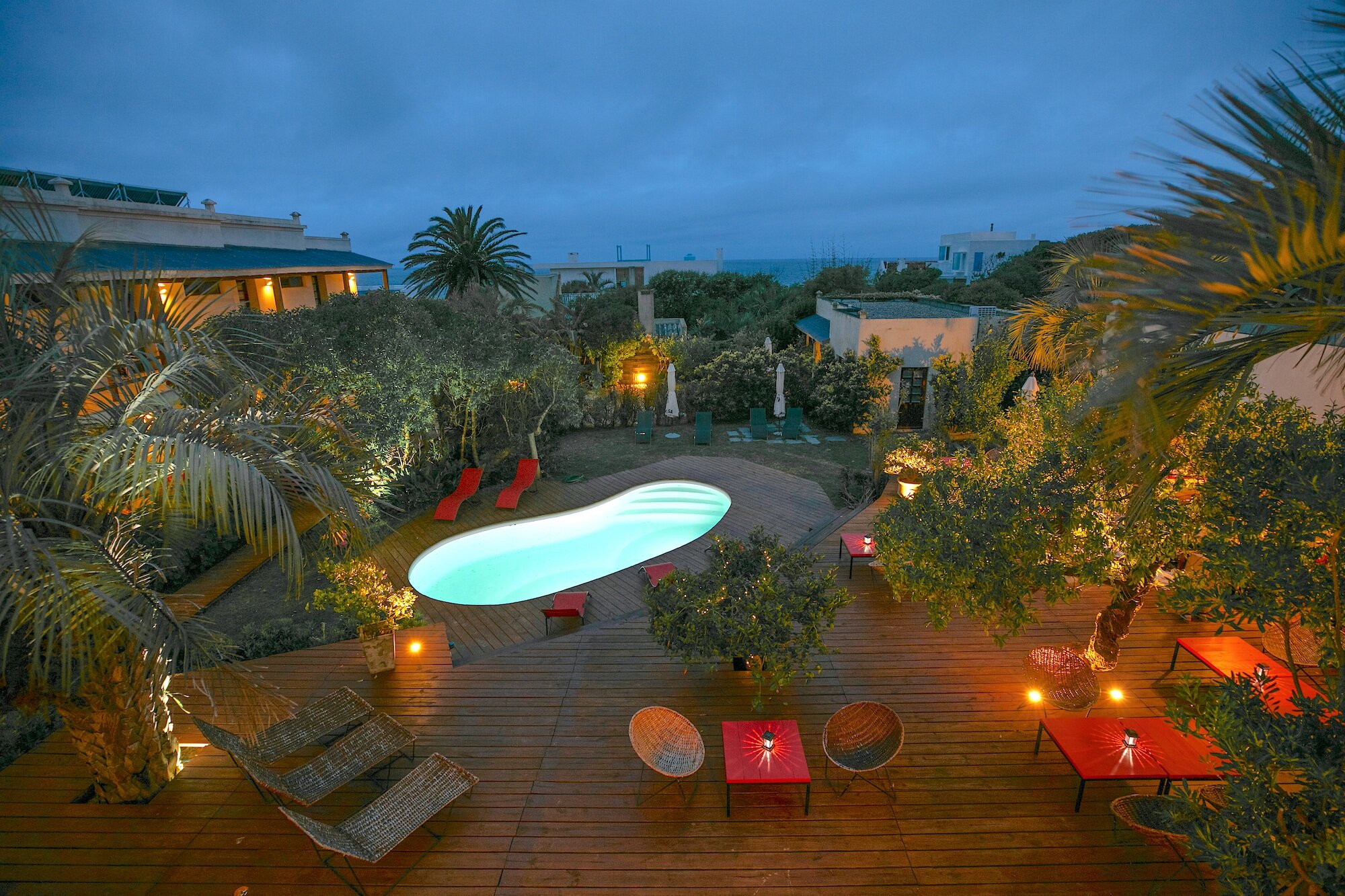
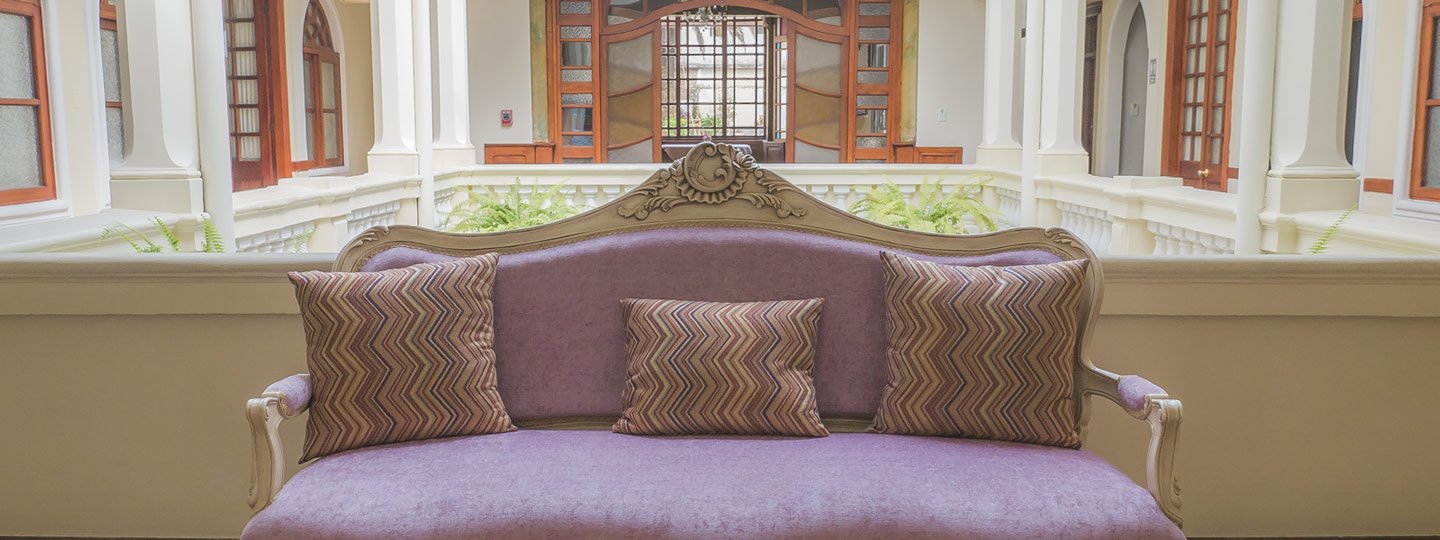
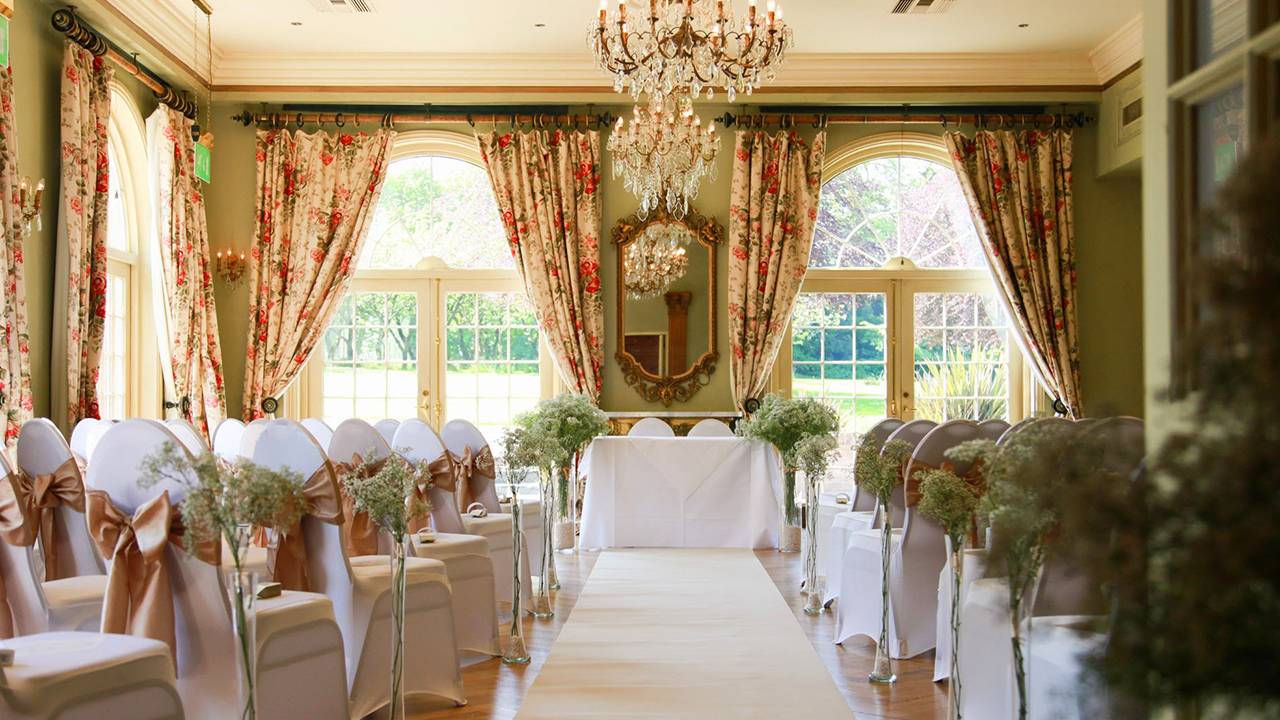
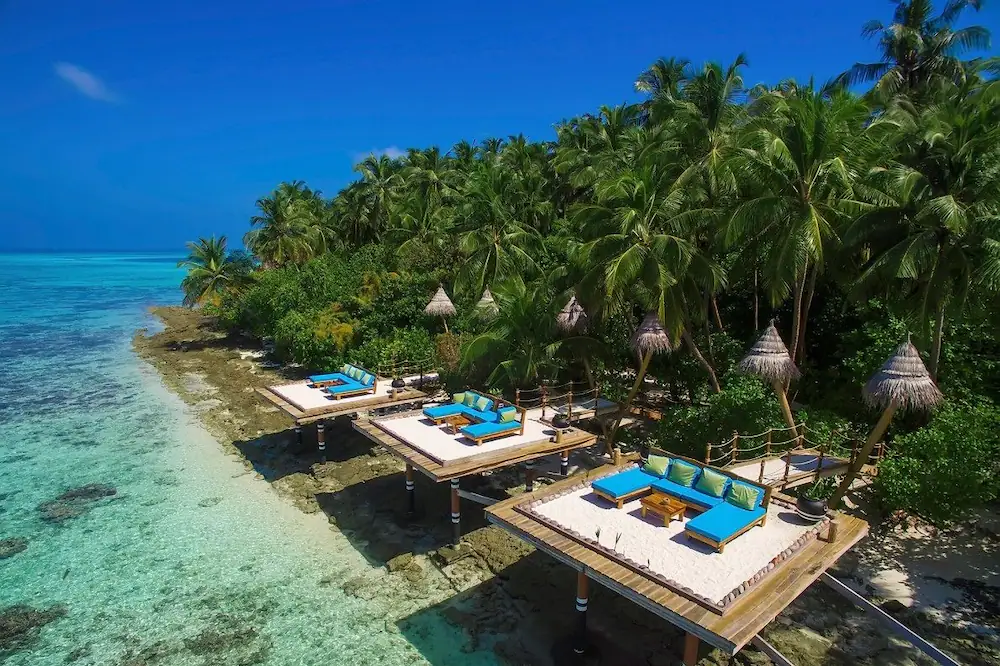
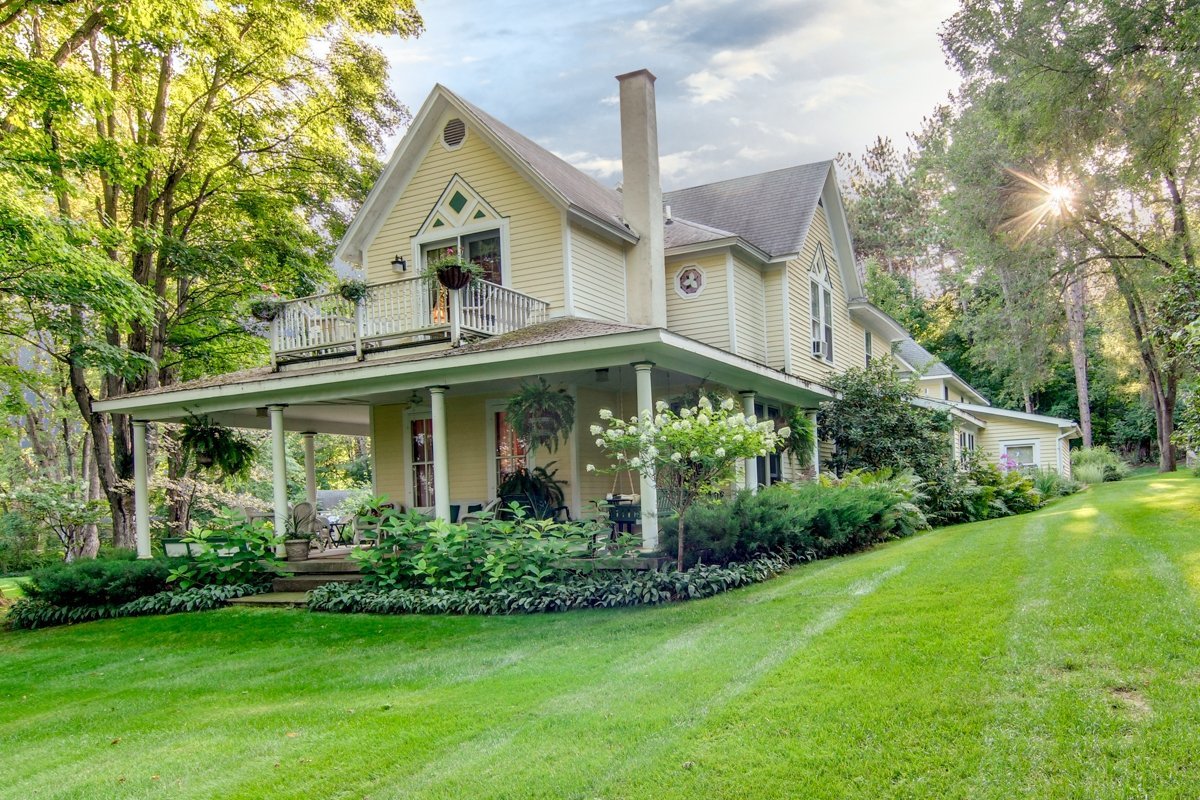
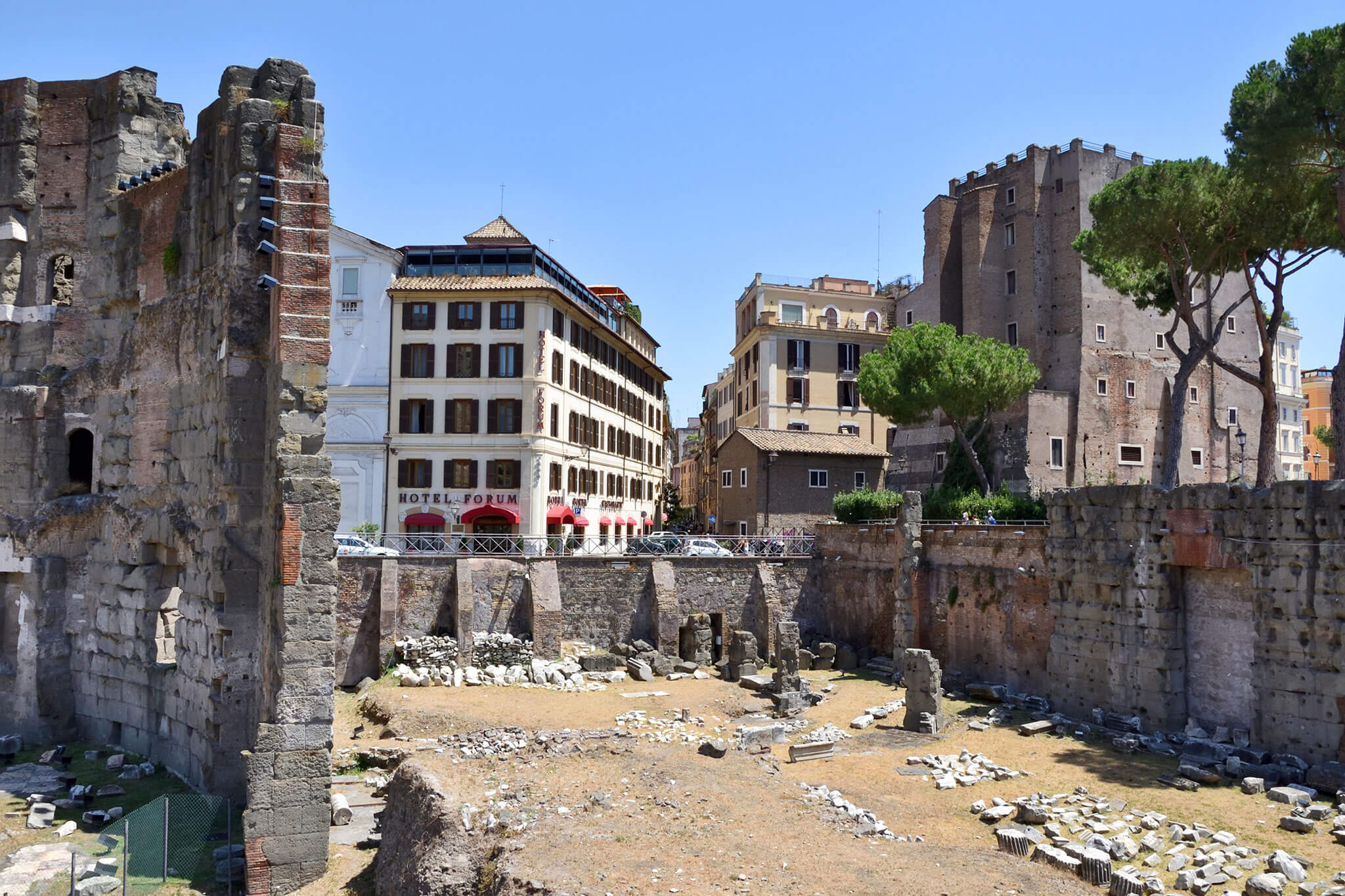
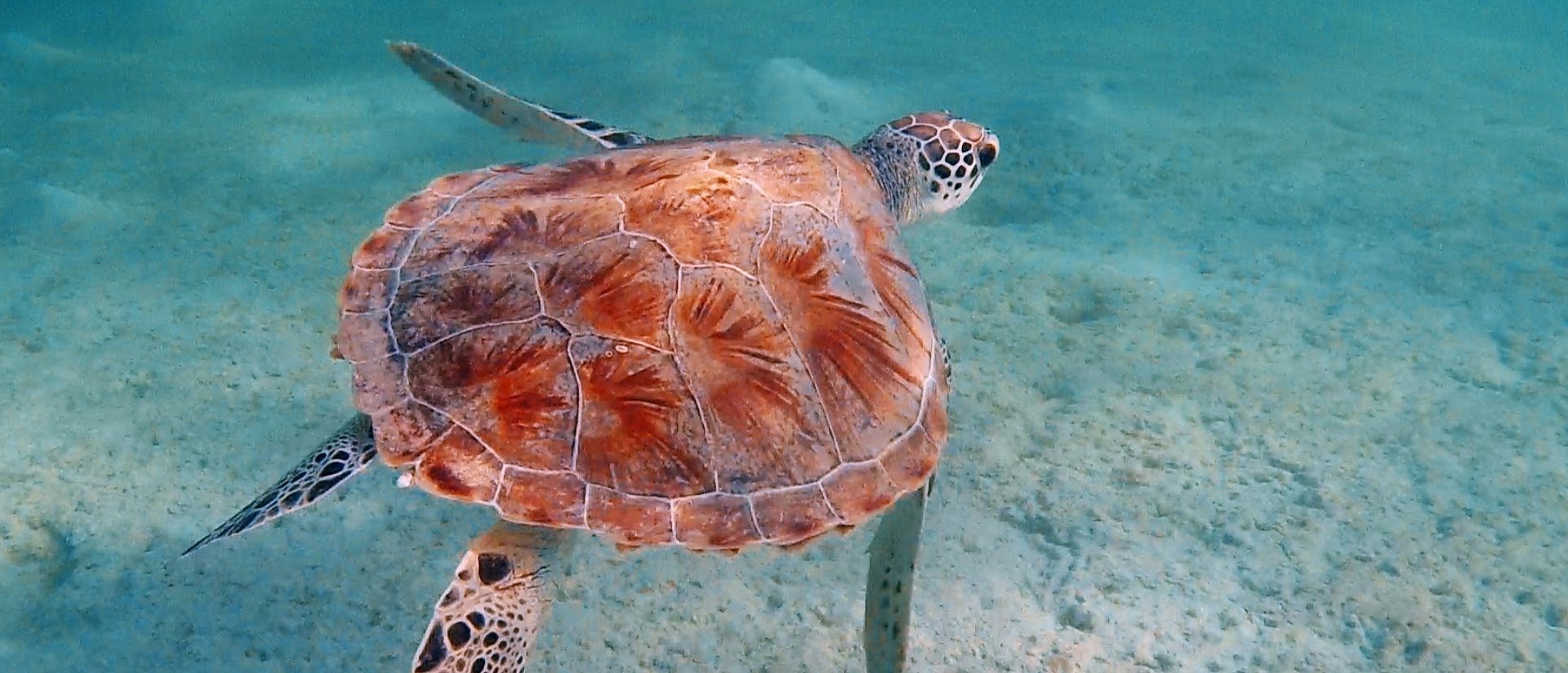
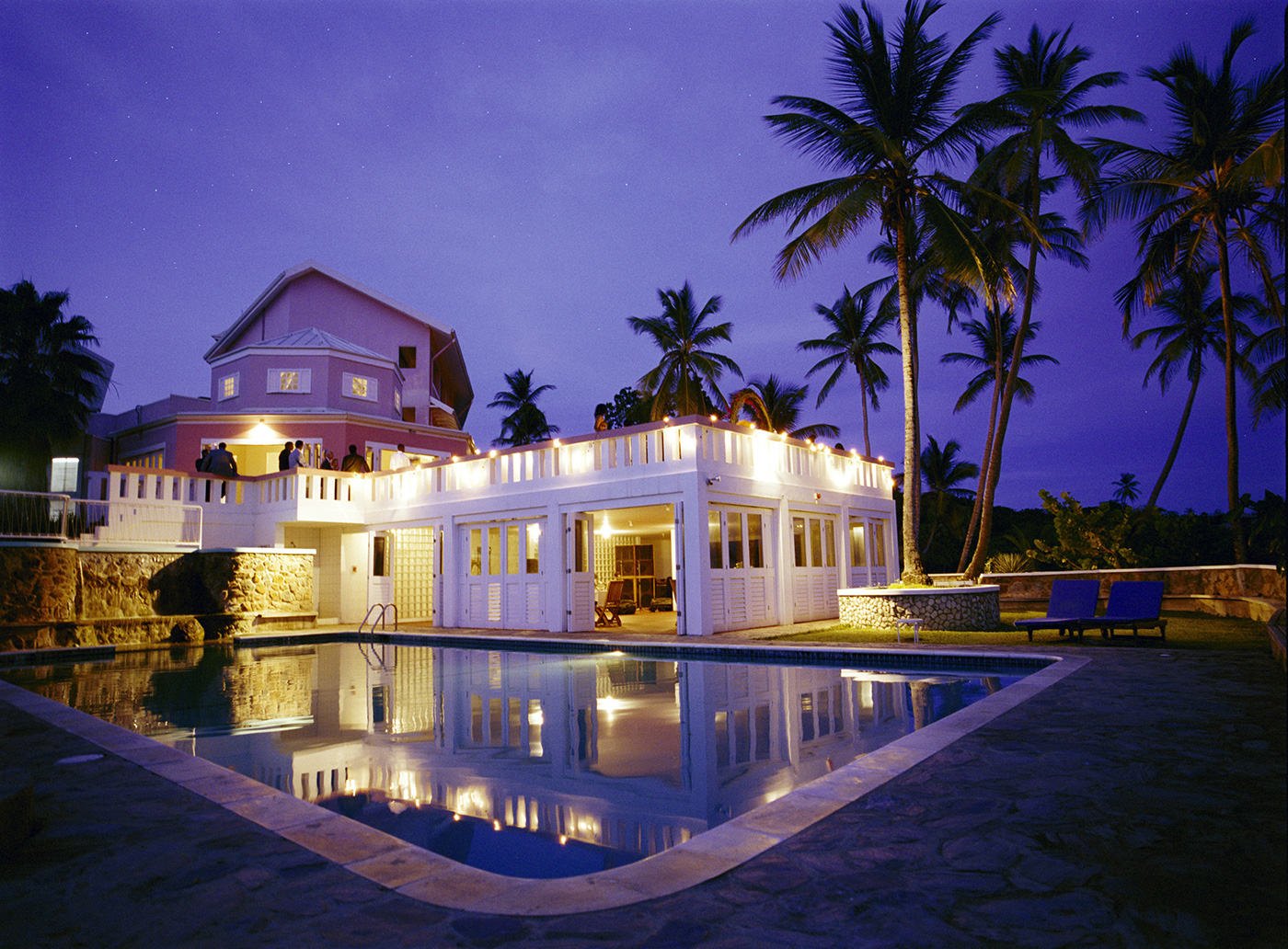
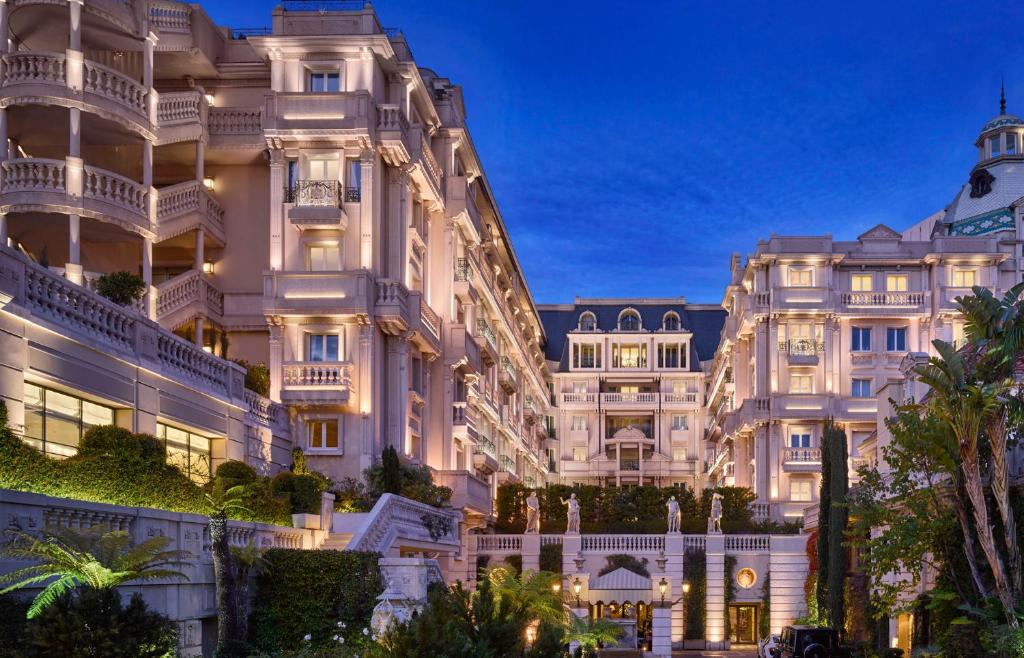
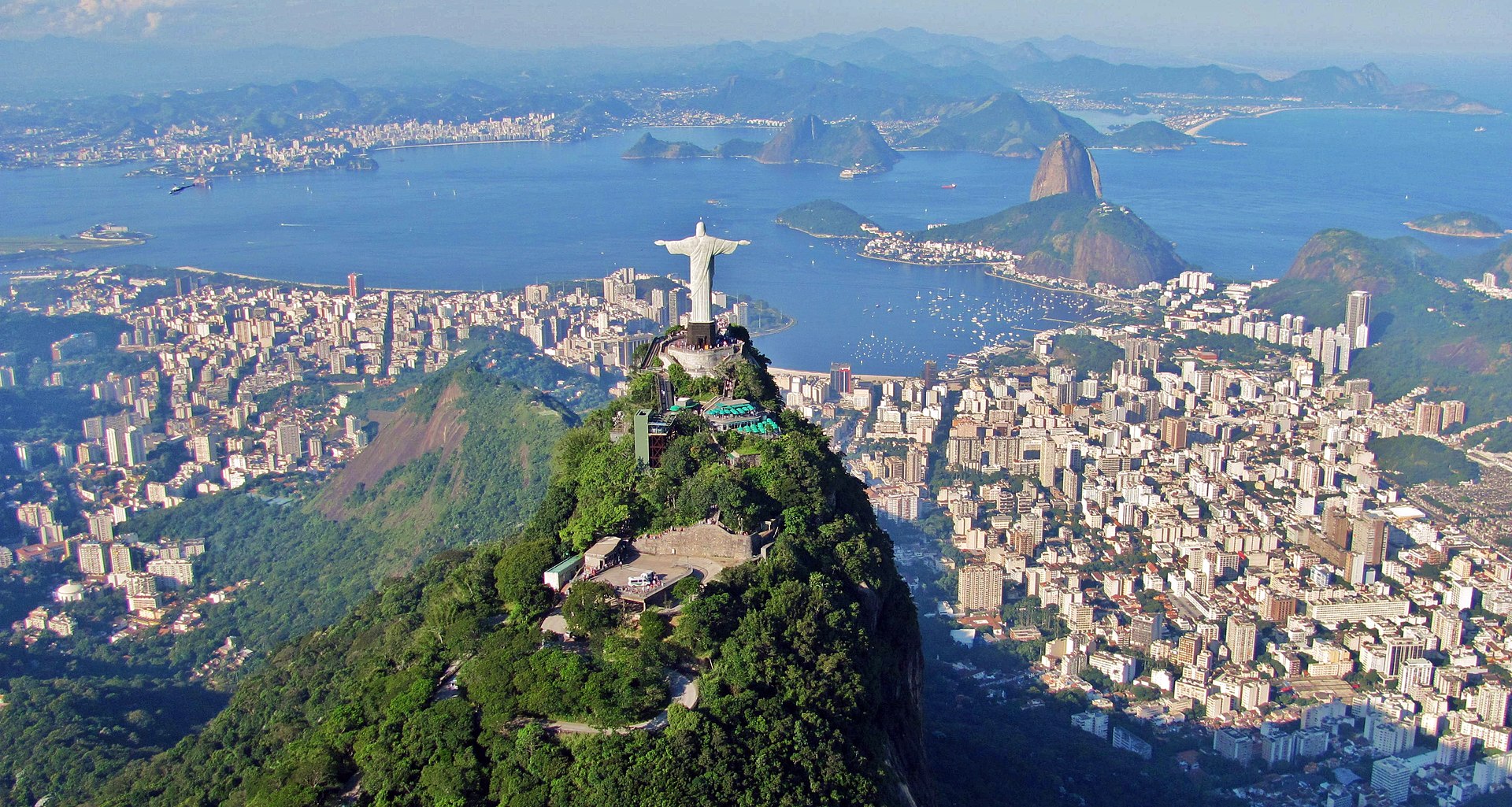
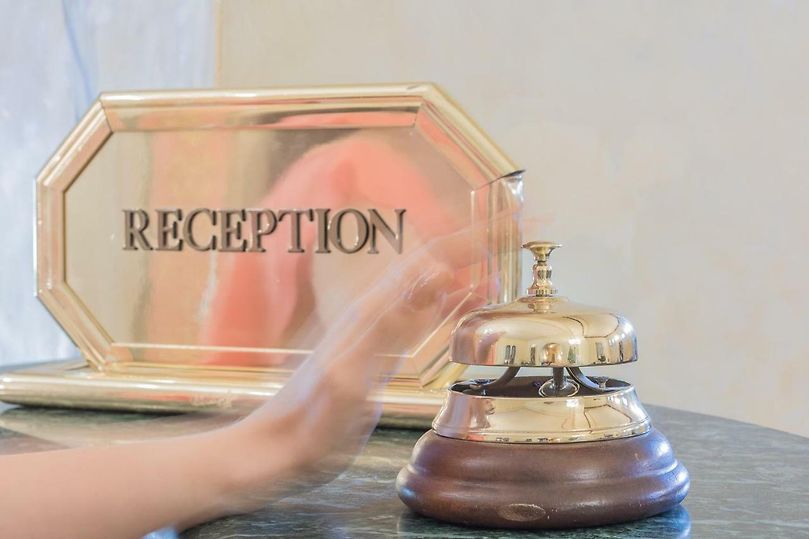
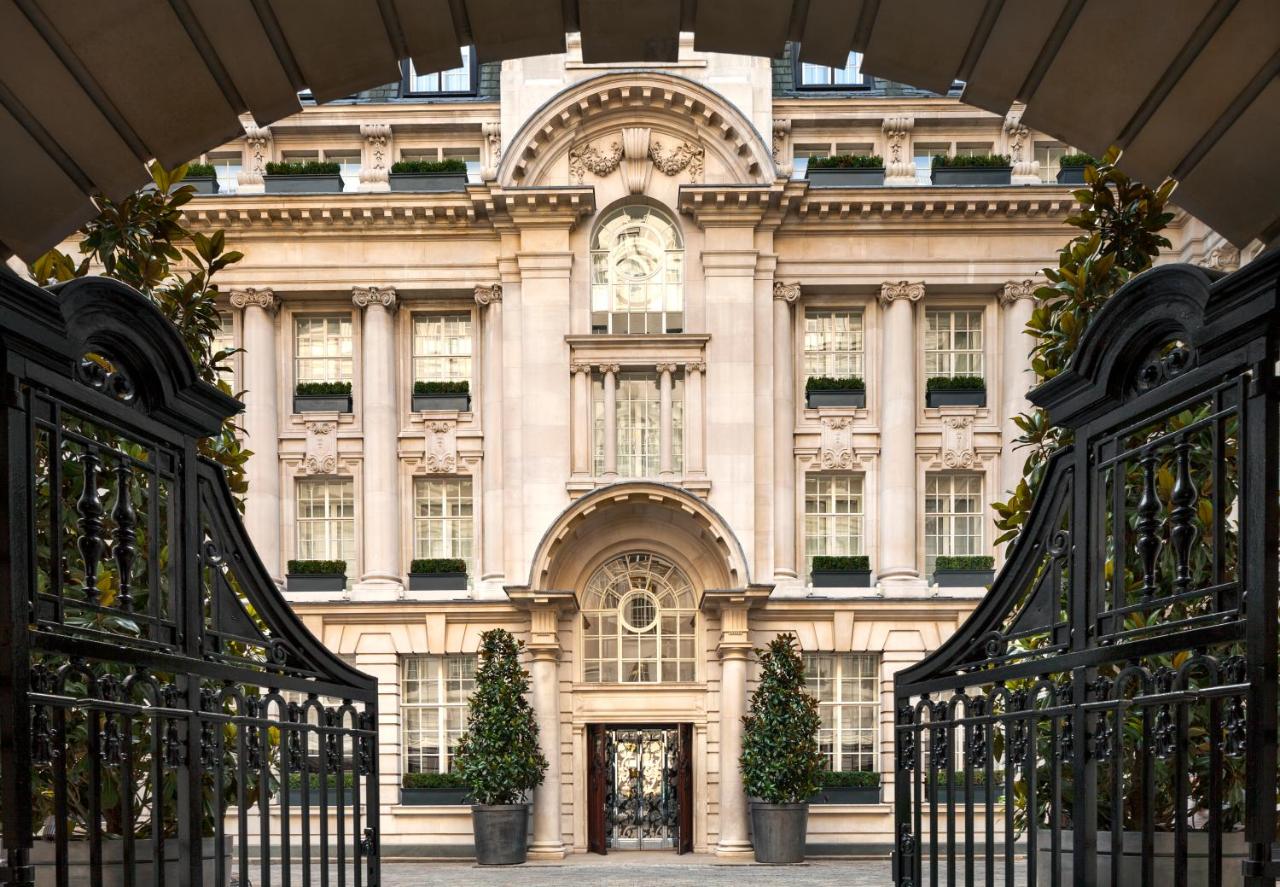
Hazyview, Mpumalanga, South Africa
Agent: Cliff Jacobs - Managing Principal Estate Agent & CEO (Nat.Dpl.Hotel Man (UJ). M.P.R.E.)
Agent Cellphone: +27 (0) 84 413 1071 / +27 (0) 61 716 6951
Agent Office Number: +27 (0) 84 413 1071
Agent Email Address: cliff@exquisitehotelconsultants.com
Type: Hotel Resort
Bedrooms: 47
Bathrooms: 47
Showers: 47
Parking: 200
Yield: Not Disclosed
TGCSA Rating:

Mpumalanga Province, South Africa
Mpumalanga (/əmˌpuːməˈlɑːŋɡə/) is a province of South Africa. The name means "east", or literally "the place where the sun rises" in the Swazi, Xhosa, Ndebele and Zulu languages. Mpumalanga lies in eastern South Africa, bordering Eswatini and Mozambique. It constitutes 6.5% of South Africa's land area. It shares borders with the South African provinces of Limpopo to the north, Gauteng to the west, the Free State to the southwest, and KwaZulu-Natal to the south. The capital is Mbombela.
History
Before 1994, Mpumalanga was part of the now-defunct Transvaal Province. The province's name was Eastern Transvaal, from its initial establishment in 1994 until 24 August 1995. Prior to the establishment of the province, the term "Eastern Transvaal" was used to refer to the eastern part of Transvaal Province, or to the scenic tourist area around the Escarpment and Mpumalanga Lowveld bordering the Kruger National Park.
Mpumalanga has a rich archaeological heritage. Dotting the landscape are distinctive Bokoni stone-walled sites, built by a precolonial agropastoral society between ~1500 and 1820 A.D.
The Drakensberg escarpment divides Mpumalanga into a westerly half consisting mainly of high-altitude grassland called the Highveld and an eastern half situated in low altitude subtropical Lowveld/Bushveld, mostly savanna habitat. The southern half of the Kruger National Park is in the latter region. The Drakensberg exceeds heights of 2000 m in most places, with this central region of Mpumalanga being very mountainous. These regions have alpine grasslands and small pockets of Afromontane forest. The Lowveld is relatively flat with interspersed rocky outcrops. The Lebombo Mountains form a low range in the far east, on the border with Mozambique.
Some of the oldest rocks on earth have been found in the Barberton area; these ancient greenstones and metamorphosed granites form the Crocodile River Mountains in the southeast of the province. The Lowveld is underlaid by African Cratonic Basement rocks of ages in excess of 2 billion years. The Highveld is mostly Karoo Sequence sedimentary rock of a younger, Carboniferous to Permian age.
Mpumalanga is the only South African province to border two provinces of Mozambique (Gaza Province to the northeast and Maputo Province to the east), as well as all four regions of Eswatini (Lubombo, Hhohho, Manzini, and Shiselweni Districts).
Climate
The Lowveld is subtropical, due to its latitude and proximity to the warm Indian Ocean. The Highveld is comparatively much cooler, due to its altitude of 2300 m to 1700 m above sea level. The Drakensberg escarpment receives the most precipitation, with all other areas being moderately well-watered by mostly summer thunderstorms. The Highveld often experiences severe frost, while the Lowveld is mostly frost-free. Winter rainfall is rare, except for some drizzle on the escarpment. The differences in climate are demonstrated below by the capital, Mbombela, which is in the Lowveld, an hour from Belfast on the Highveld.
Fauna and flora
The diverse and special flora and fauna of the province enjoys protection in a range of nature reserves, including:
Law and government
The Mpumalanga Province's legislation is an amalgam of national and regional legislation promulgated before the establishment of the province on 27 April 1994 and legislation which it has itself promulgated since it came into existence. Lists of and the original texts of this legislation are available through South African governmental websites. Amended and updated versions of the legislation is available through commercial vendors on subscription and at a price.
A brief modern history of Kruger National Park in South Africa.
The Lowveld has always been considered a hunter's paradise despite the depredations of malaria and sleeping sickness that made summer visits to the region a health risk. By the mid-1800s the area had all but been decimated of game by hunters who operated in an unregulated environment. The loss of wildlife was further compounded by an outbreak of rinderpest in 1896 which led to the deaths of thousands of animals.
The disastrous depletion of game was brought to the attention of the president of the Transvaal Boer Republic, Paul Kruger, who in 1898 proclaimed the Sabie Game Reserve, a 4 600 square-kilometre area between the Crocodile and Sabie Rivers. In the face of virulent opposition from private landowners and hunters, he also proclaimed a second reserve, the Shingwedzi Reserve, which stretched between the Shingwedzi and Luvuvhu Rivers. These original reserves formed the core of what is Kruger Park today.
Control of the region only became effective after the end of the Anglo-Boer War when James Stevenson-Hamilton was appointed head ranger of both reserves in 1902. With a small force of rangers, he enthusiastically enforced his mandate to let animals rule - and made himself unpleasant to anyone getting in his way. He vigorously set about removing people from the demarcated reserve including the indigenous populations who had lived in the area for hundreds of years, earning him his nickname of "Skukuza" ("he who sweeps clean").
Stevenson Hamilton's battle was not only against hunters and poachers but against sheep farmers and mining entrepreneurs who all perceived that they had a prior claim to the land. His vision of creating a national park that would be sustained by tourism came to fruition in 1926. That was when the Shingwedzi and Sabie Reserves were merged and the 70 privately owned farms between them were purchased by the government to form a consolidated block of land - the Kruger National Park.
The Park was opened to tourism in 1927 and, after a slow start (only three cars entered the Reserve in that first year), Kruger soon turned into a popular destination. Within a decade, 3 600 kilometres of roads had been built and several camps established.
By 1950 a research station and rest camp had been developed at Skukuza, transforming Stevenson-Hamilton's base into the "capital" of Kruger. By 1969 the Park was fenced in by 18 000 kilometres of wire and poles. In the 1960s and 1970s, there was enormous pressure on the government to allow the northern part of Kruger to be mined for coal, but this was resisted and the Park was rededicated to conservation.
In the 1990s Kruger went through a process of commercialization by which certain services and activities were outsourced and a number of new private camps were allowed to develop. In 2002 visitor numbers to Kruger topped the one million mark for the first time.
During this same year the dream of a transnational park was realized when agreement was finally reached between South Africa, Zimbabwe and Mozambique to merge conservation areas in their respective countries to form the Greater Limpopo Transfrontier Park. Once this process is complete the transfrontier park will be the biggest game reserve in the world.
Owner's Comments
The Resort is situated on the banks of the Sabie River, near Hazyview, in the Mpumalanga Province of South Africa. It is located only 20 kms from the famous Kruger National Park and is a stone's throw away from the Panorama Route. Lush forests, cascading waterfalls and plenty of tourist attractions make the area a very popular tourist destination.
This 26 ha property consists of:
Resort
There are 3 types of self-catering units:
The camp facilities consist of 4 stands each with their own ablution facilities.
The Main Building hosts:
The Mkhulu Hall (meaning "Big" in Zulu) contains:
The 2 pools and playground area are meticulously maintained, providing a safe and enjoyable environment for guests. The lawns extend to the bank of the Sabie River. The Resort is secured by an electric fence. All units are equipped with gas geysers and stoves. Backup power is available through a 100 KVA generator.
Macadamia Farm
The farm includes:
Open Areas
The remaining areas consist of:
_________________________________________
About us
The Resort is the perfect base from which to plan visits to many scenic, cultural and historic destinations.
End your day off with a traditional braai at your accommodation unit or a sundowner at the Sabie River’s edge.
There are lounges, reading nooks, picnic areas next to the Sabie River and a swimming pool.
Kick back and forget the hustle and bustle of the city…
Accommodation
River Chalets
There are 14 self-catering RIVER CHALETS available, suitable for 2 Adults and 2 Children.
Each Chalet has a:
Please note:
There are no TVs in the Chalets. The Reception lounge has a TV with selected DSTV channels.
Garden Chalets
There are 22 self-catering GARDEN CHALETS available, suitable for 2 Adults and 2 Children.
Each Chalet has a:
Please note:
There are no TVs in the Chalets. The Reception lounge has a TV with selected DSTV channels.
Stream Chalets
There are 10 self-catering STREAM CHALETS available, suitable for a couple.
Each Chalet has a:
Please note:
The bedroom has a King-size bed which can be split into 2 single beds. The bedroom has a TV and WIFI.
Facilities
The Reception and the Administrative offices are situated in the Main Building. There is also a large seating area with WiFi.
A convenient shop for braai wood, ice cream and cold drinks.
Pool and Playground Area
Between the Main Building and the Riverside Centre is a large pool together with a toddler’s pool. A jungle gym, trampoline, swing set and sand pit will keep the little ones busy.
Attractions
Scenic
Explore the famous Panorama Route, where you’ll encounter sky, forests and the truly impressive Blyde River Canyon, the world’s largest green canyon.
Giant potholes, God’s Window and awe-inspiring waterfalls are all just a short drive away.
20 km from our Resort, you’ll find the Phabeni Gate entrance to the Kruger National Park, host of the famous African Big 5.
You can explore the Park on your own or arrange with a Tour operator to go on a safari with a game-viewing vehicle.
The nearby rustic town of Pilgrim’s Rest gives you the chance to relive the 1873 gold rush.
Action
There are lots of action-packed things to do nearby. Golf courses, River rafting, Sky trails, Quad biking and Elephant walks are just a few activities on the list.




























































Cliff Jacobs (Nat Dpl Hotel Man (UJ). MPRE. GA Level 5 TEFL) Managing Principal / CEO Exquisite Hotel Consultants (Pty) Ltd Mobile: +27 (0) 84 413 1071 (WhatsApp only) / +27 (0) 61 716 6951 (WhatsApp only) Email: cliff@exquisitehotelconsultants.com Web: https://www.exquisitehotelconsultants.com © All rights reserved Terms and Conditions apply Scroll down to view our Hospitality Properties and Businesses for sale or lease or lease-to-buy or partnership arrangement or management agreement arrangement